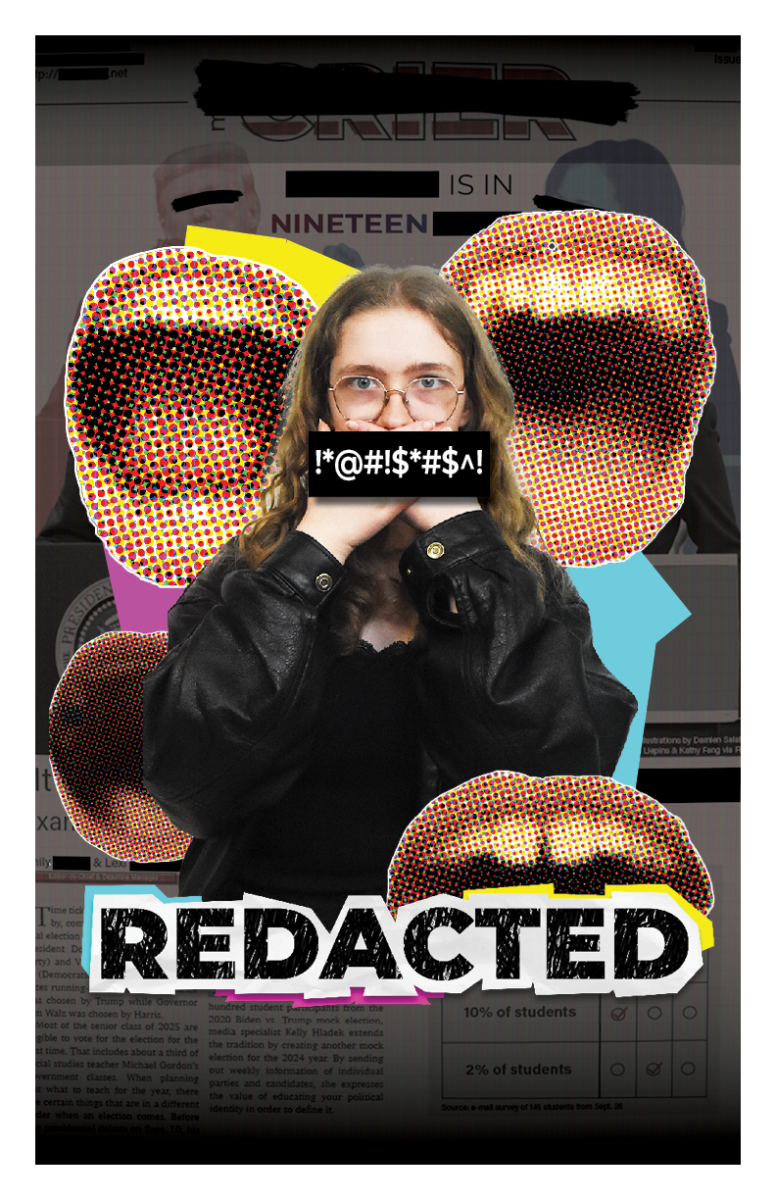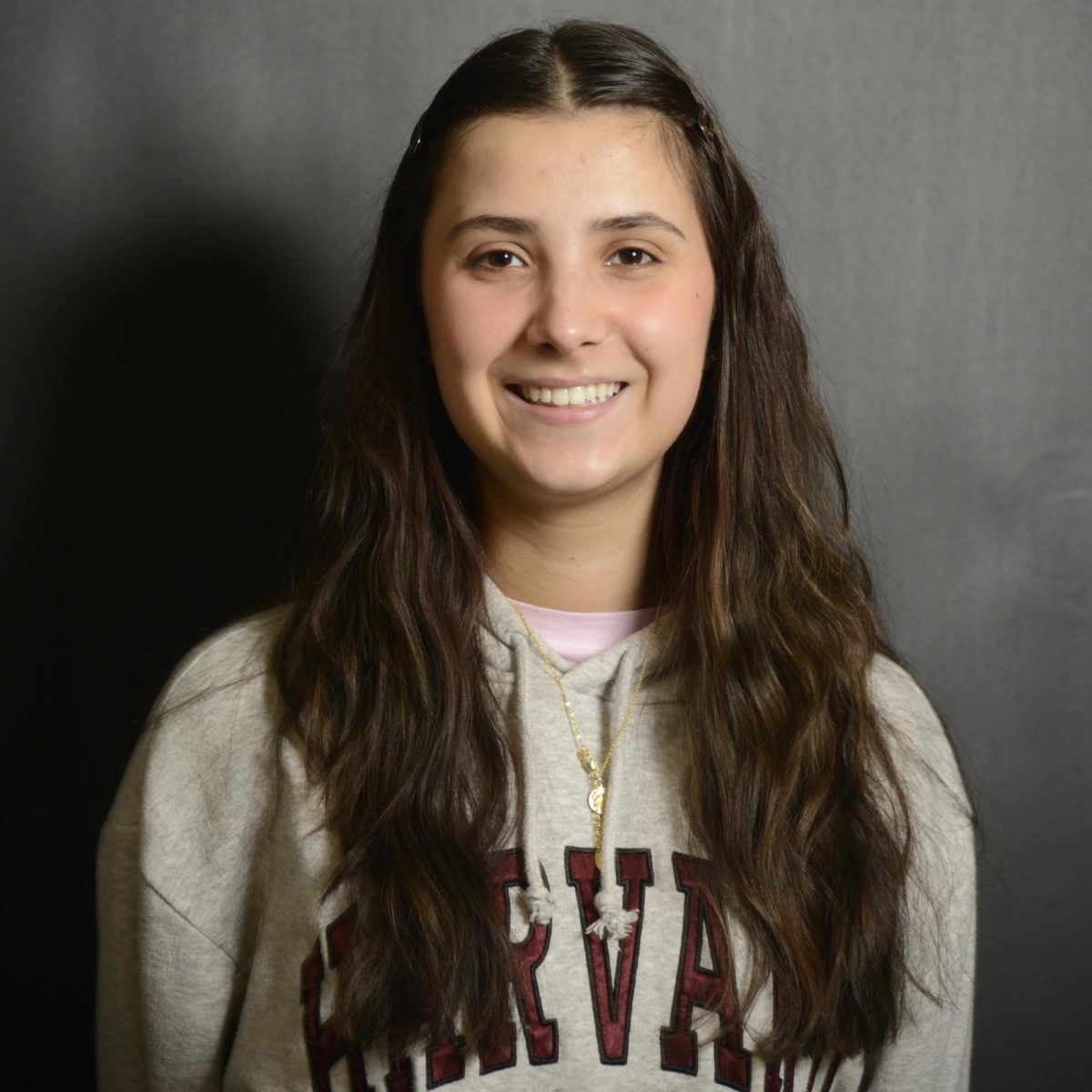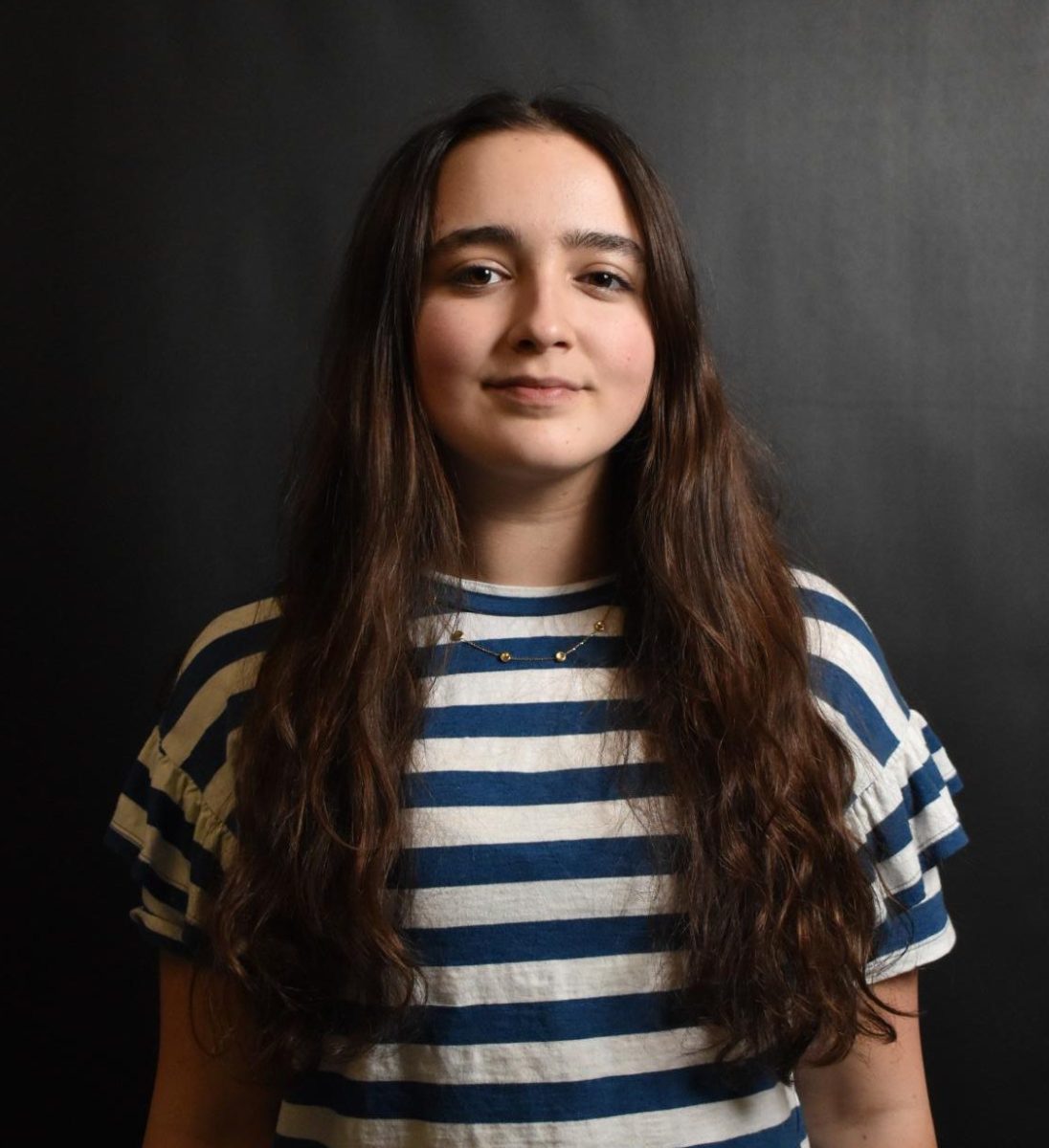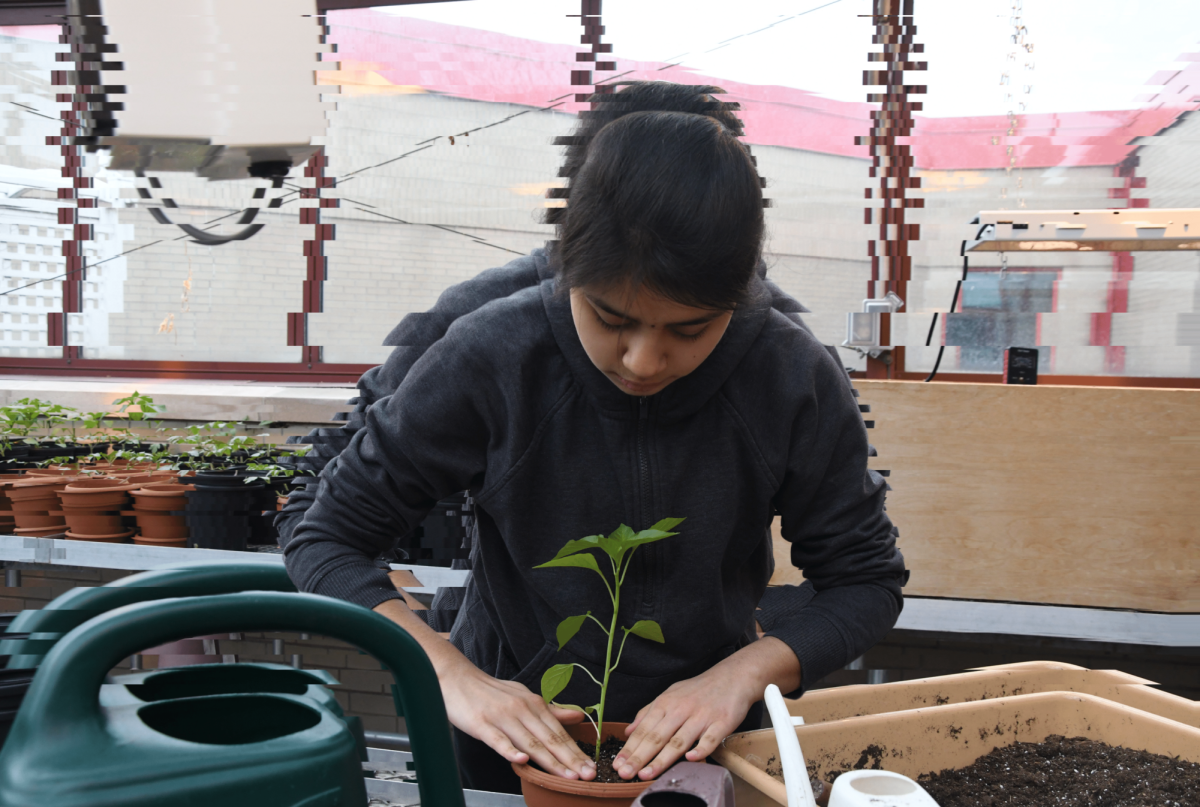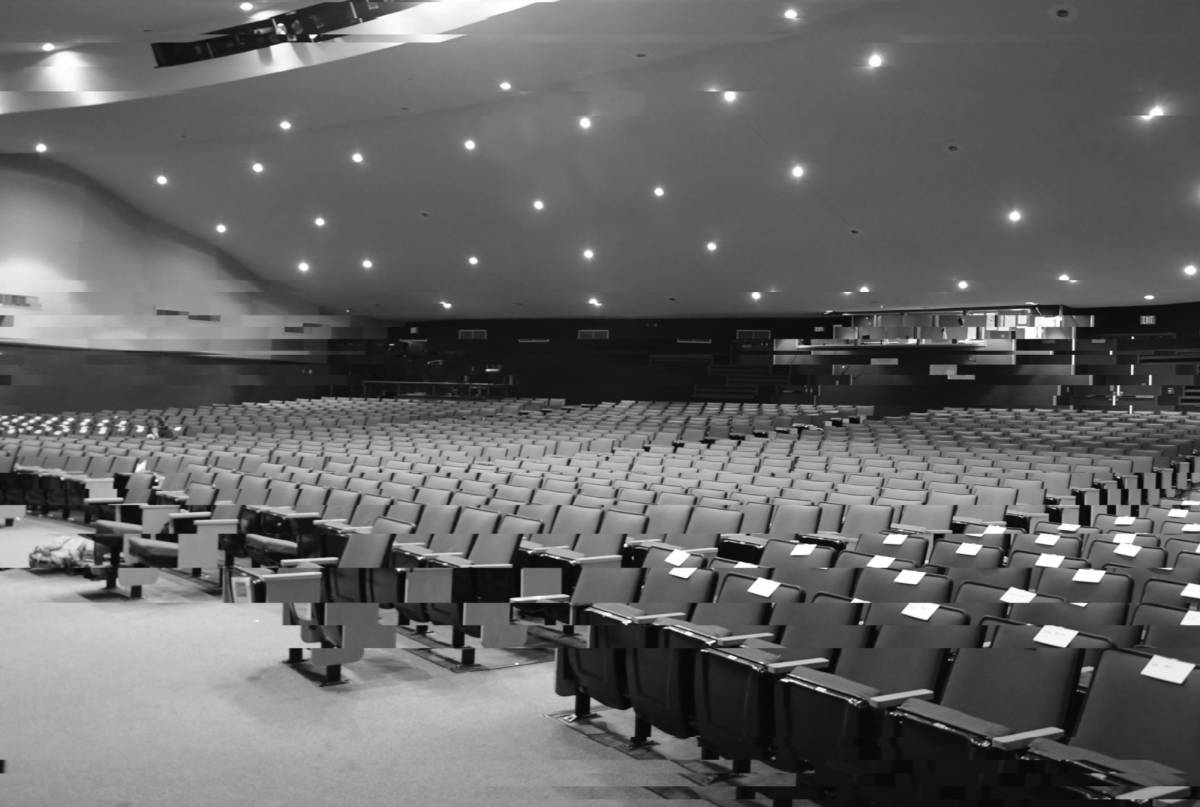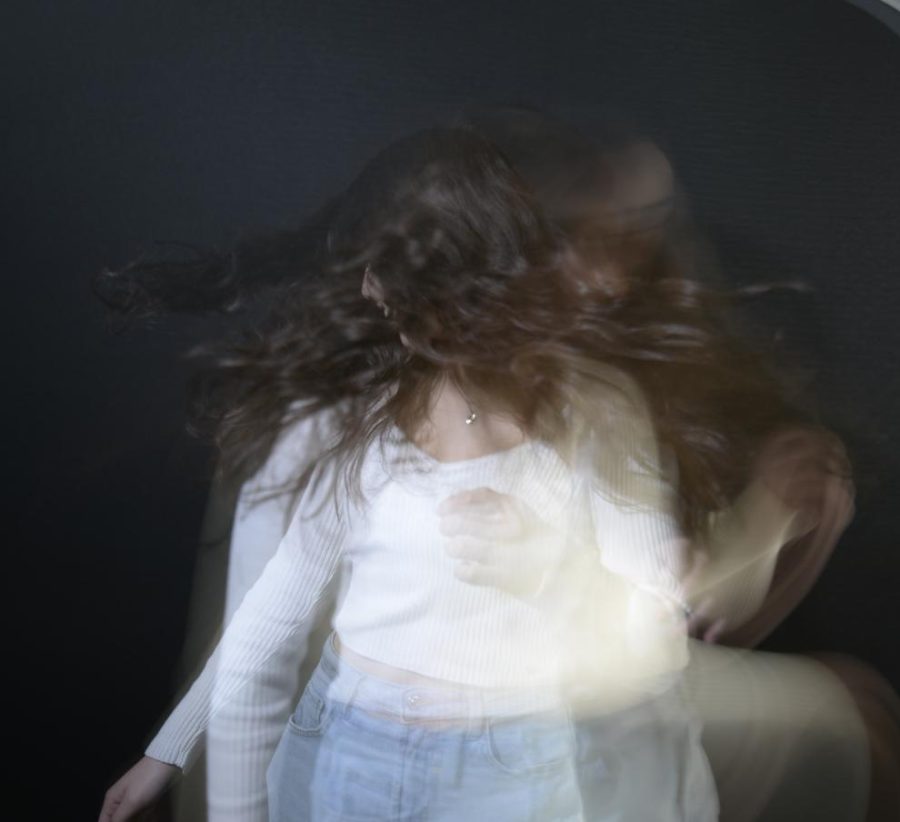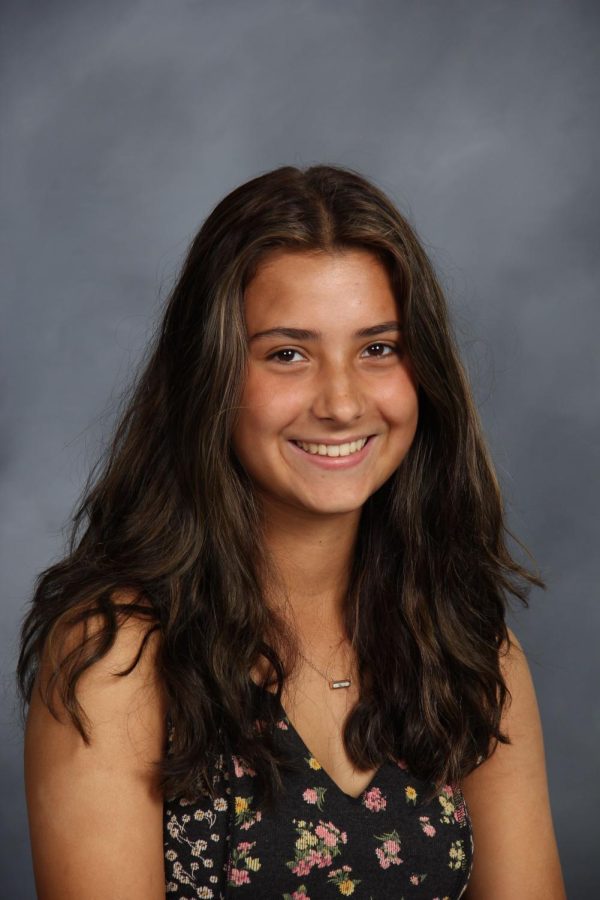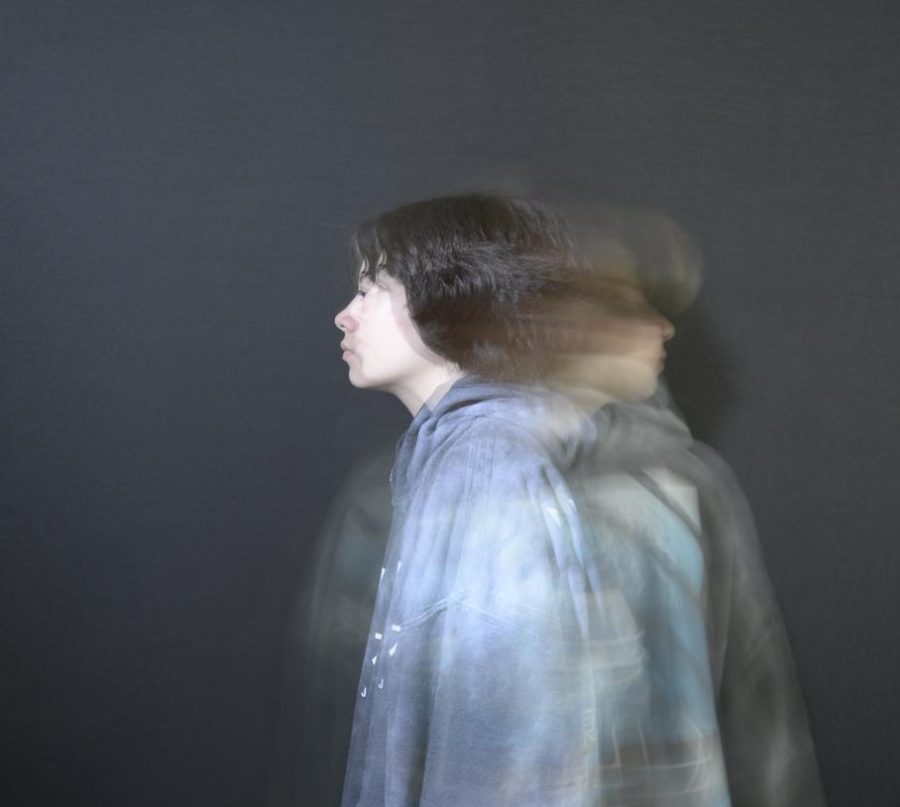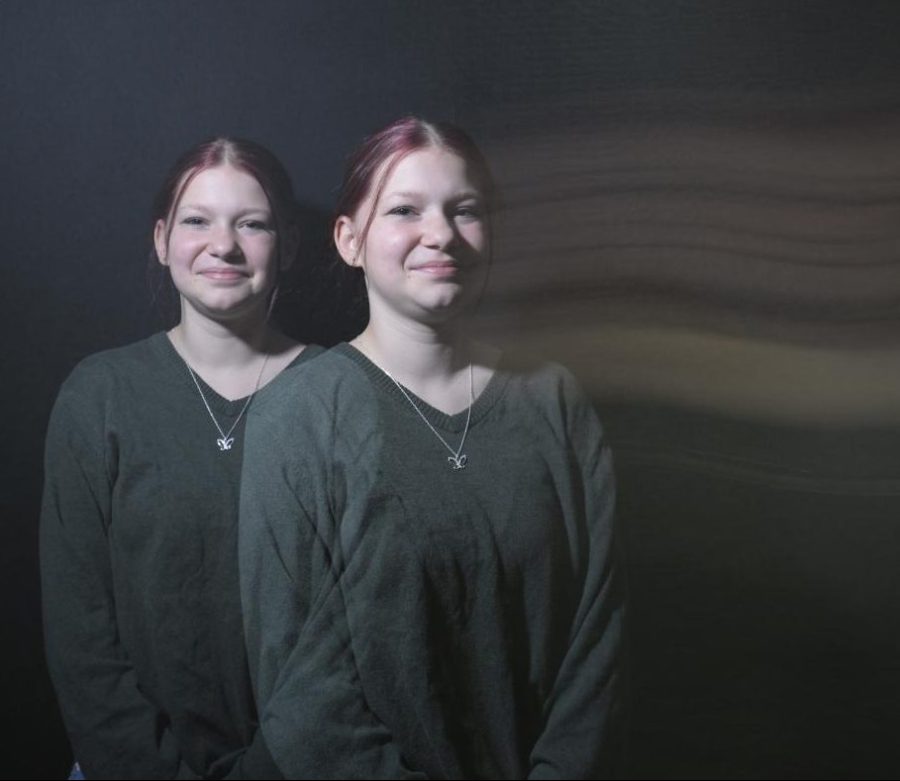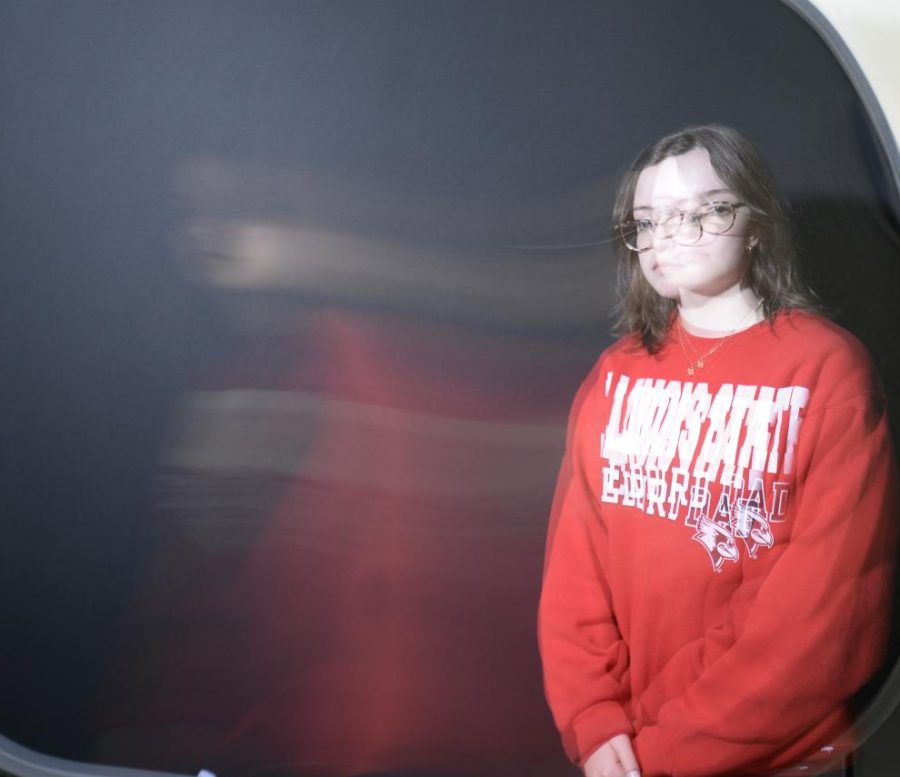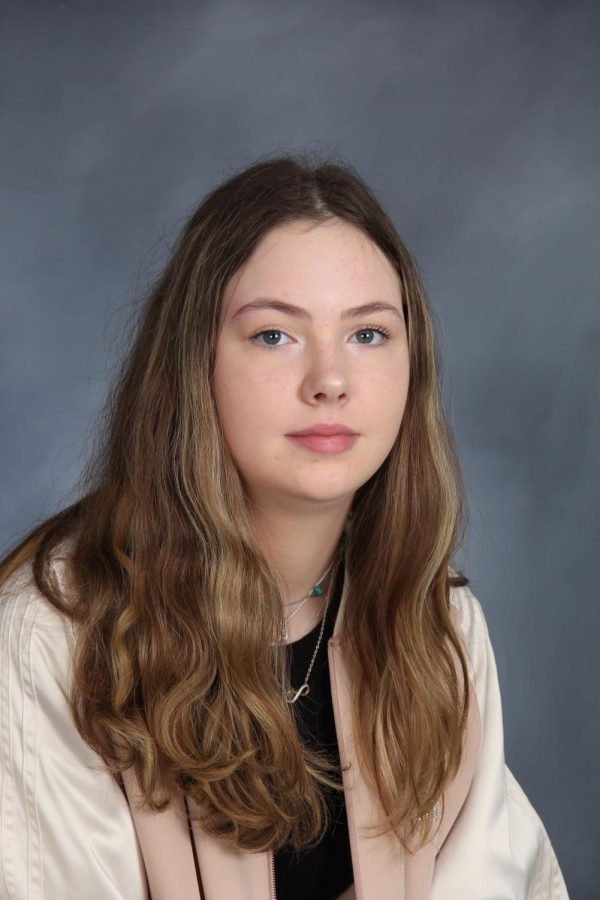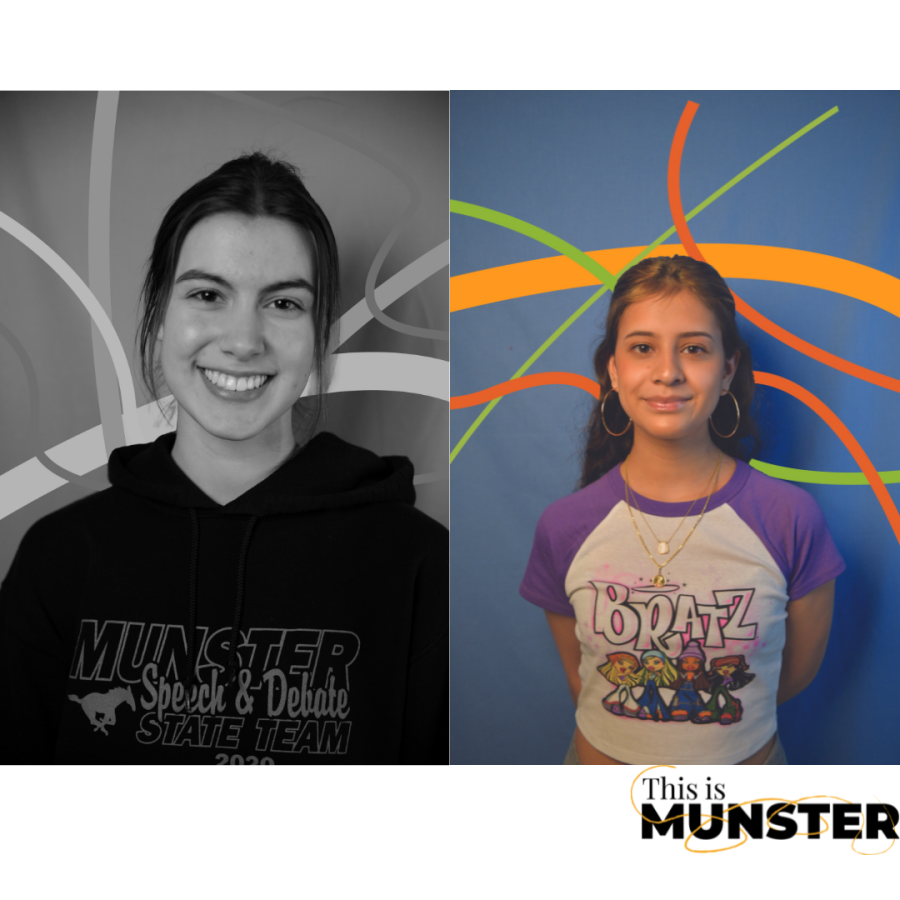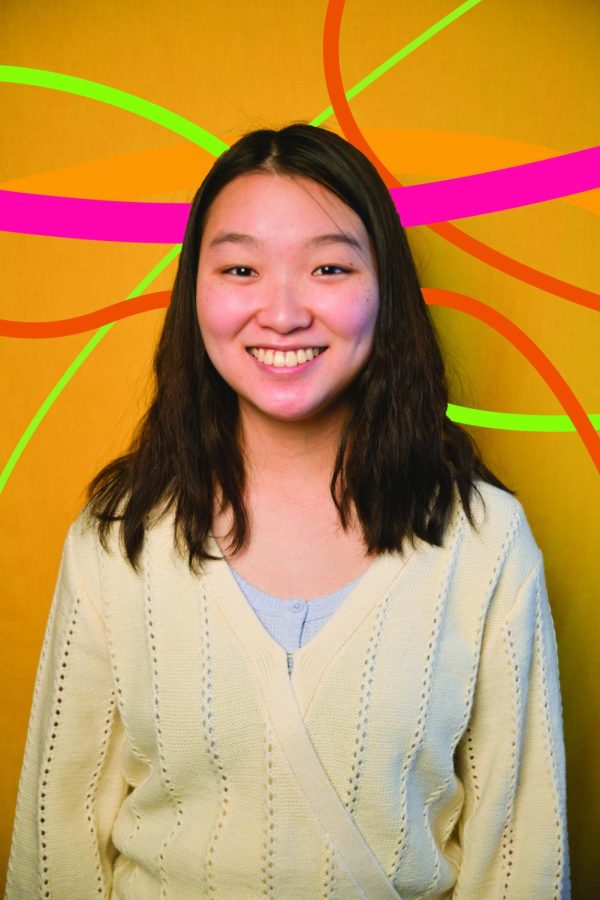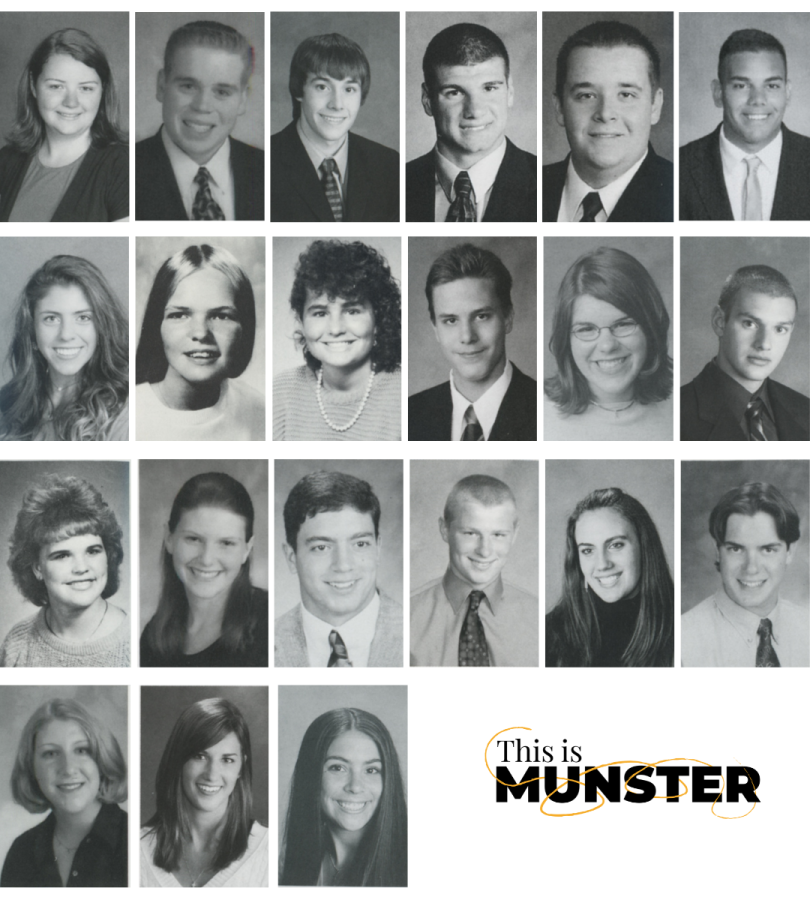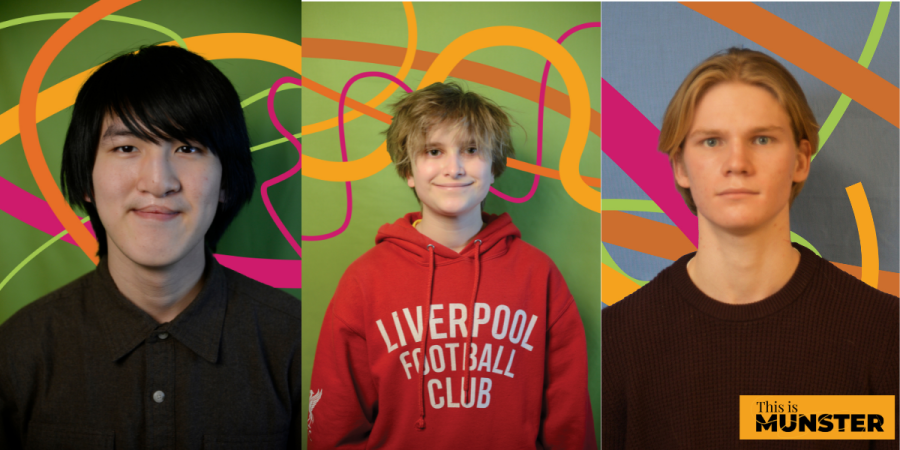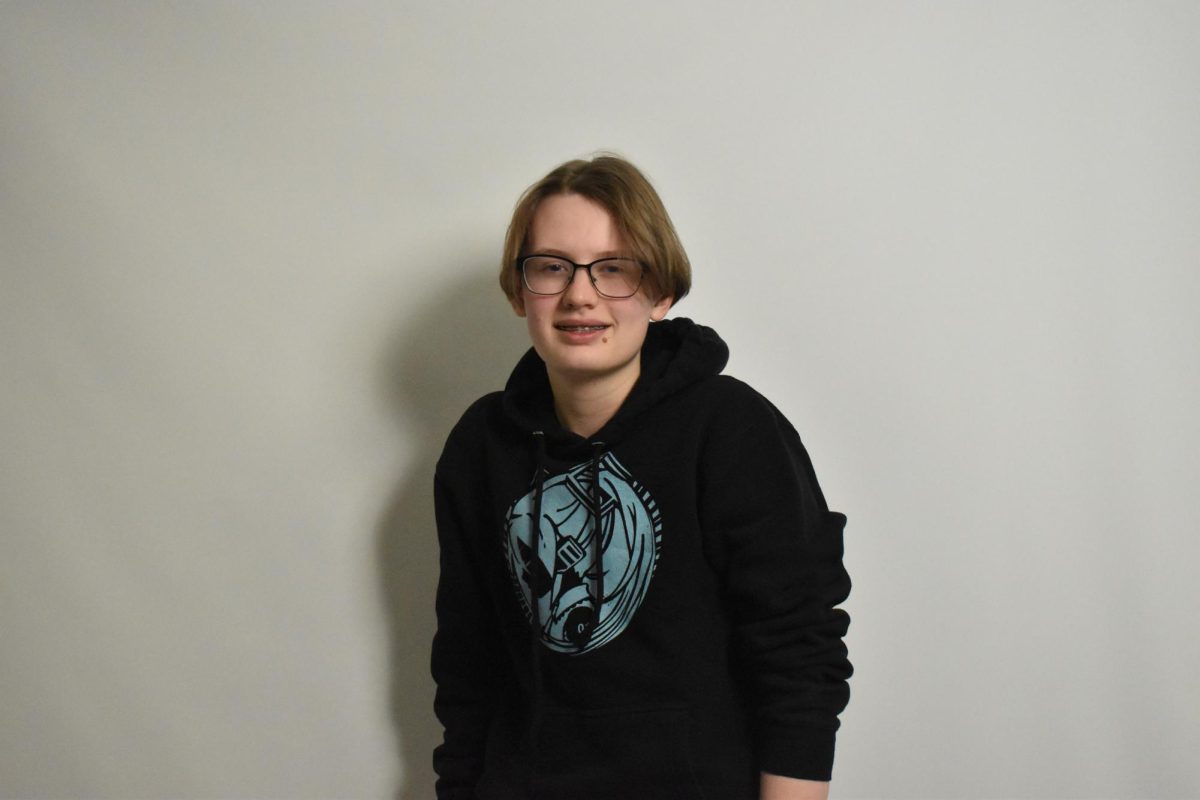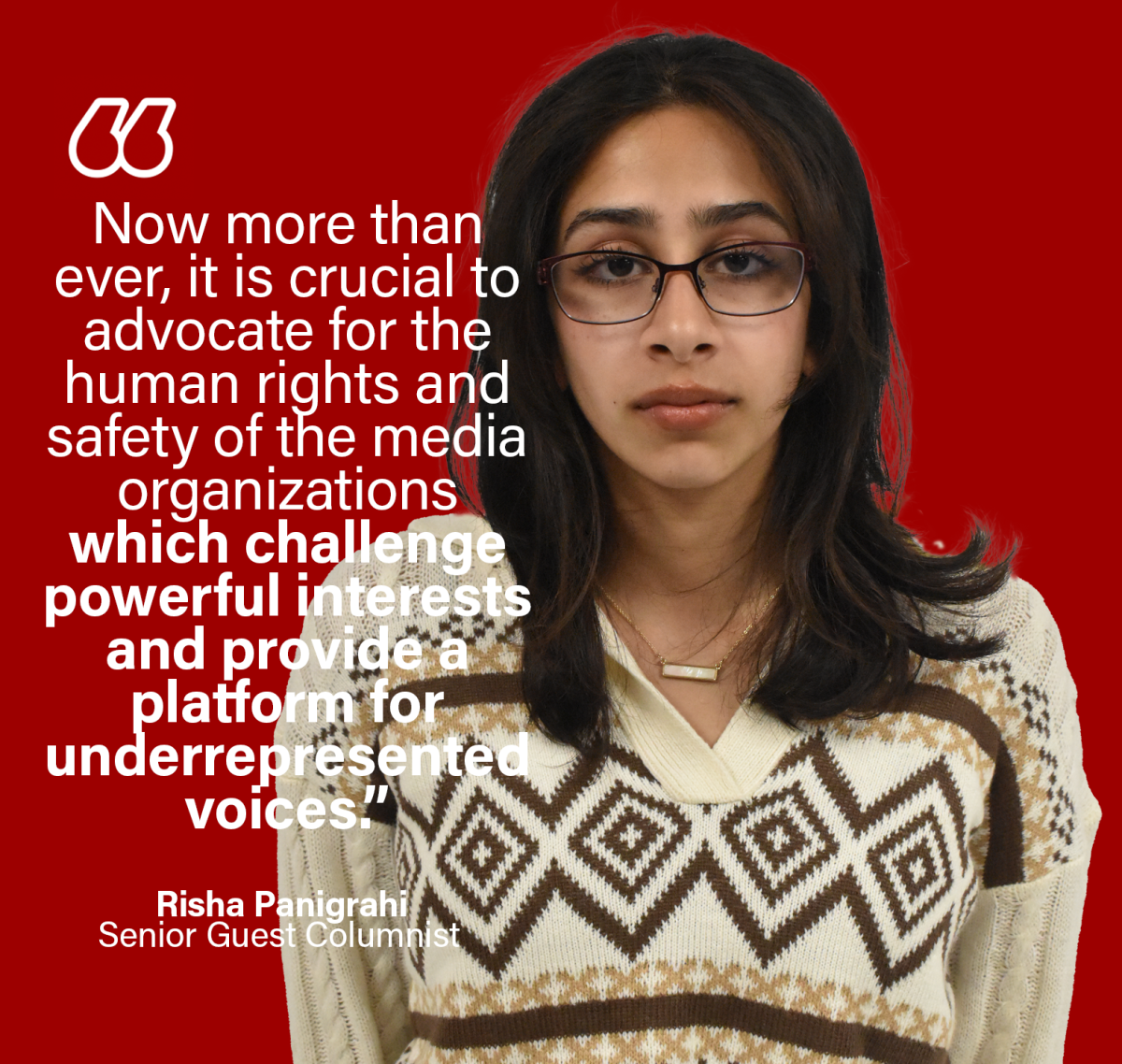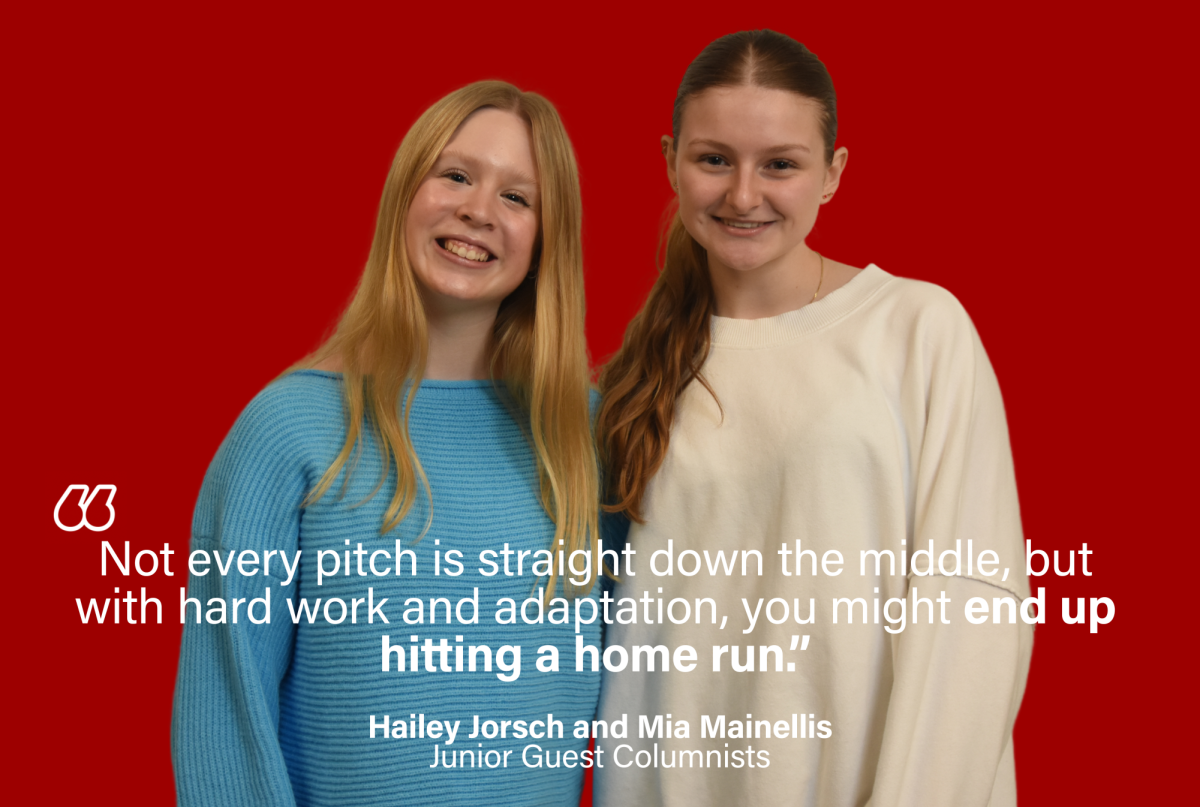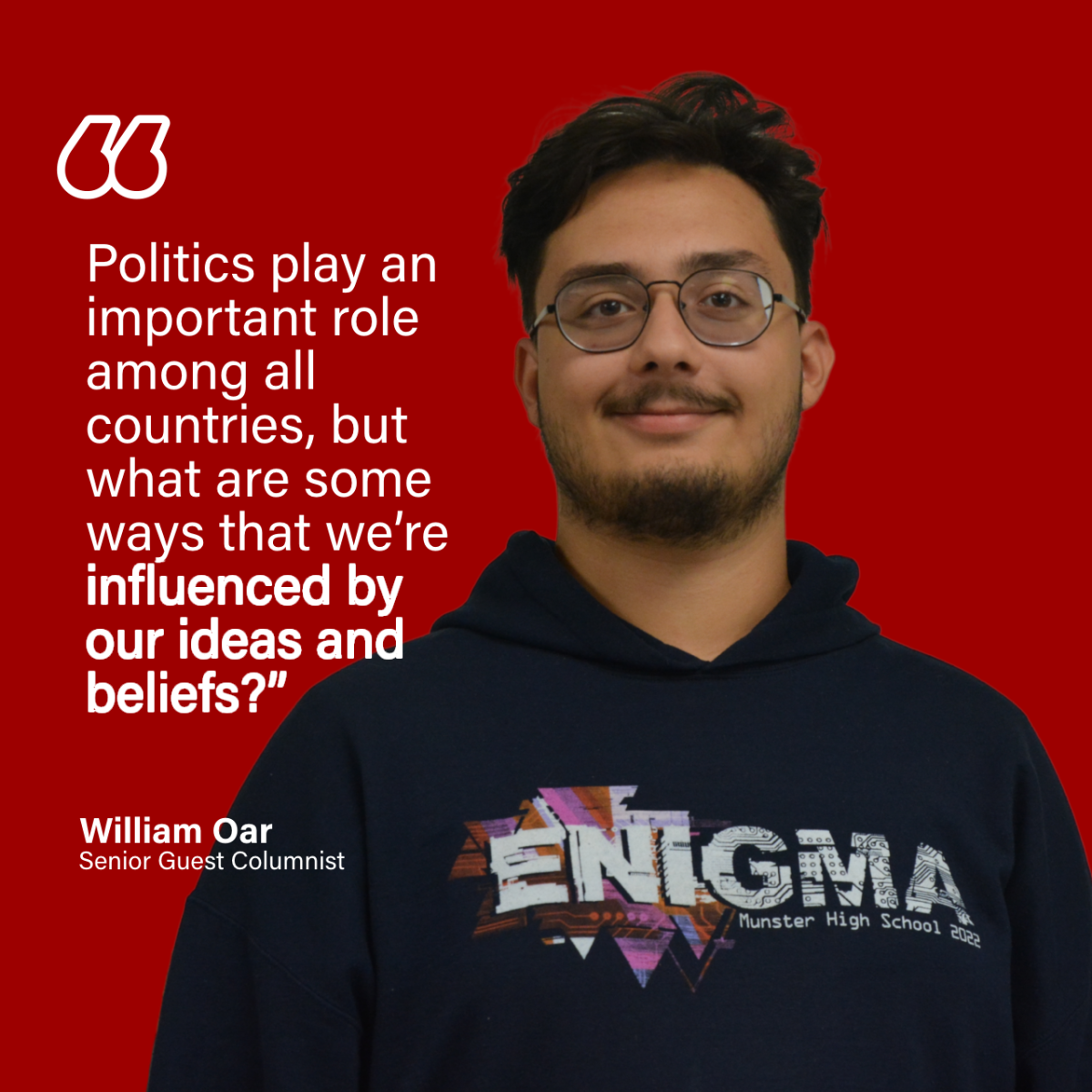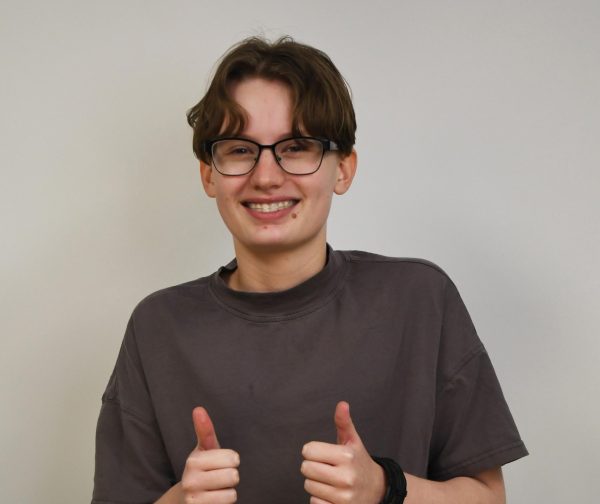In the words of globally renowned mangaka Hirohiko Araki, we’re “headed for a future world dominated by fraudsters.”
The normalization of causal plagiarism has needlessly plagued modern technology within the span of just a few years; with seemingly every app adding an unnecessary generative AI tool for the sake of a trendy marketing ploy, the publicity of human artistry is at risk of becoming a niche minority. With Coca-Cola replacing their holiday commercial with a robotic emulation and even programs such as Adobe promoting image generation, the distribution of AI truly calls one thing into question: just how many creative individuals are being laid off in mass for corporate slop’s sake?
Large corporations have more than enough money to hire natural talent in the department of marketing and advertising, and yet a multitude of them have decided to take the cheap, uninspired way out. The job market for artists and writers is shrinking, and with AI on a generational rise, it’s looking bleak. Coming from an aspiring creative: widespread art theft will most likely lead to detrimental effects in not only the art industry, but also the environment.
AI systems thrive off of scraping every corner of the Internet for man made art, writing, and photography—circumventing copyright laws in doing so—in order to generate soulless amalgamations of preexisting works. To run these data scraping softwares and train a system, fossil fuels are burned in tons, emitting as much carbon as the standard American household does annually in one sitting. Speeding up the inevitable destruction of the planet all to generate something that has easily been done better by human hand for centuries is essentially pointless yet quite befitting of corporate greed.
Generative AI has become so deeply integrated into our society in the past few years that the dismantling of it is impossible. As human creativity exits mainstream, artists can only hope for the impacts of AI to eventually blow over. Whether it be new laws or the internal destruction of training softwares beginning to scrape their own AI content, hope still exists to minimize the use of generative tools in artistic industries; until then, creatives must struggle to work alongside the systems designed specifically to rob them of their efforts.

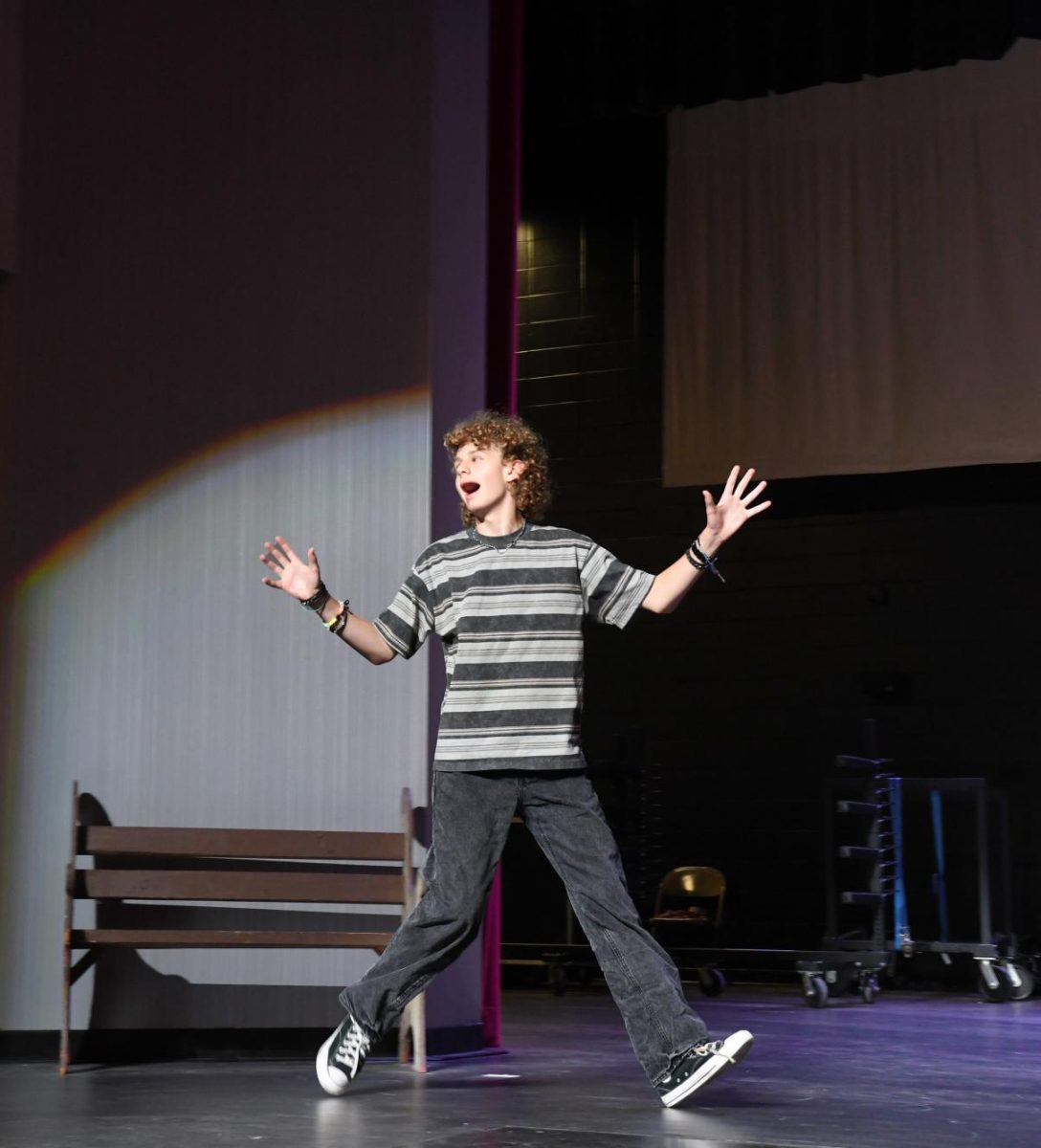
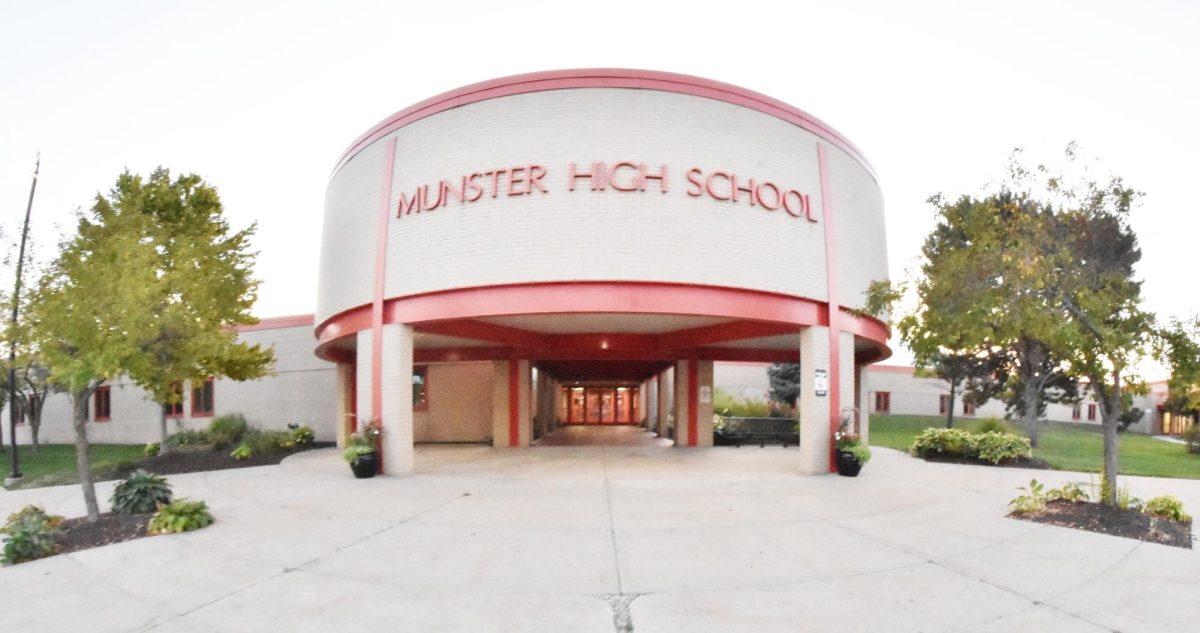

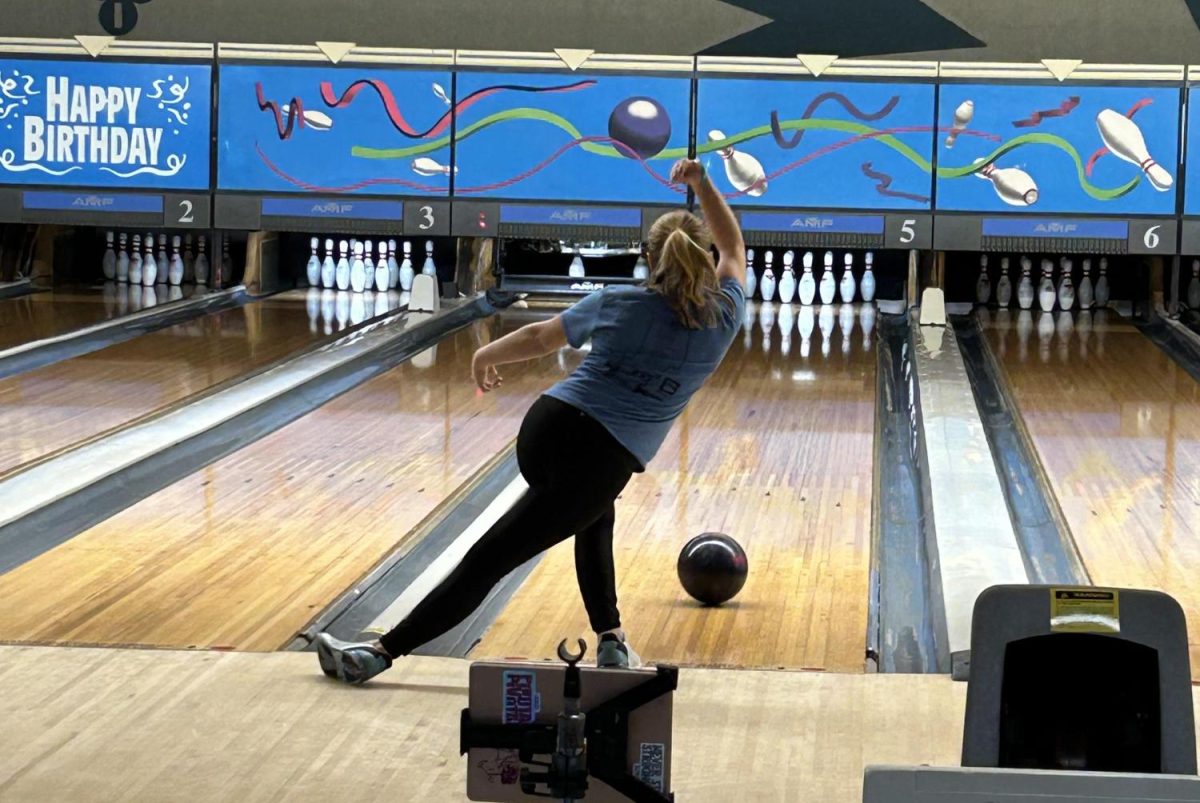
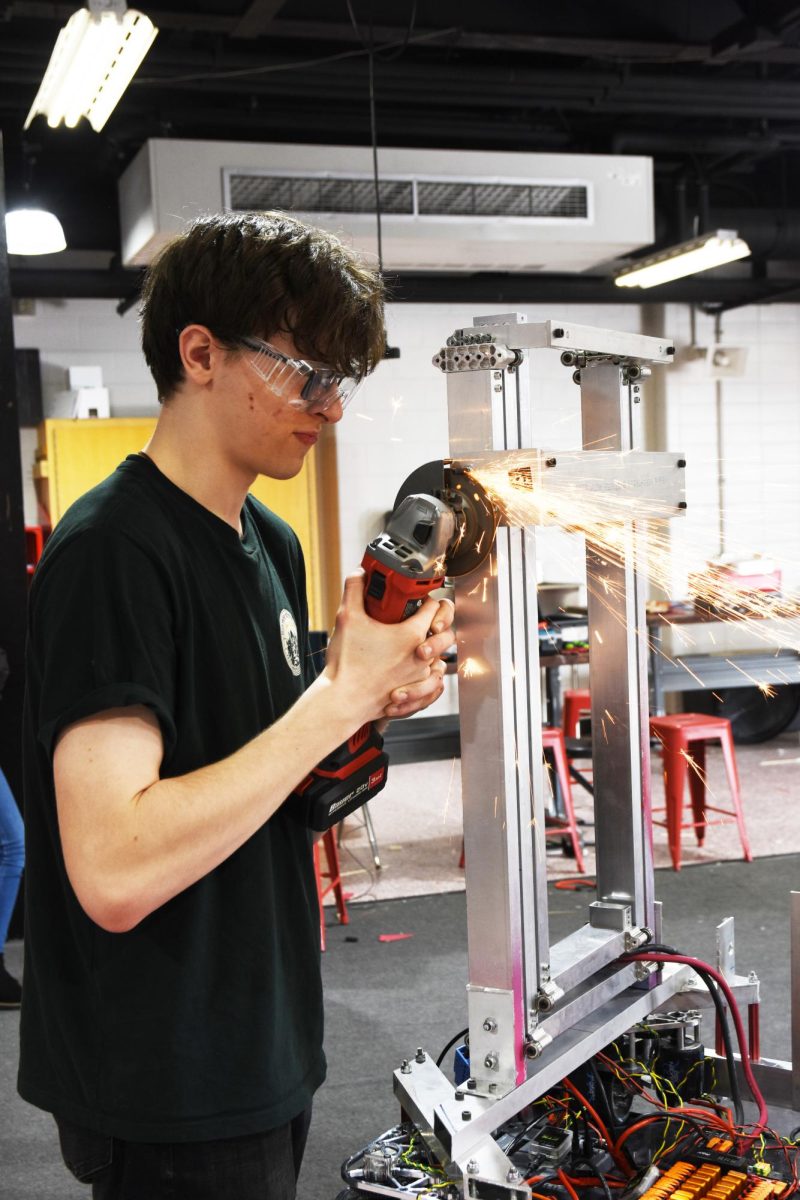
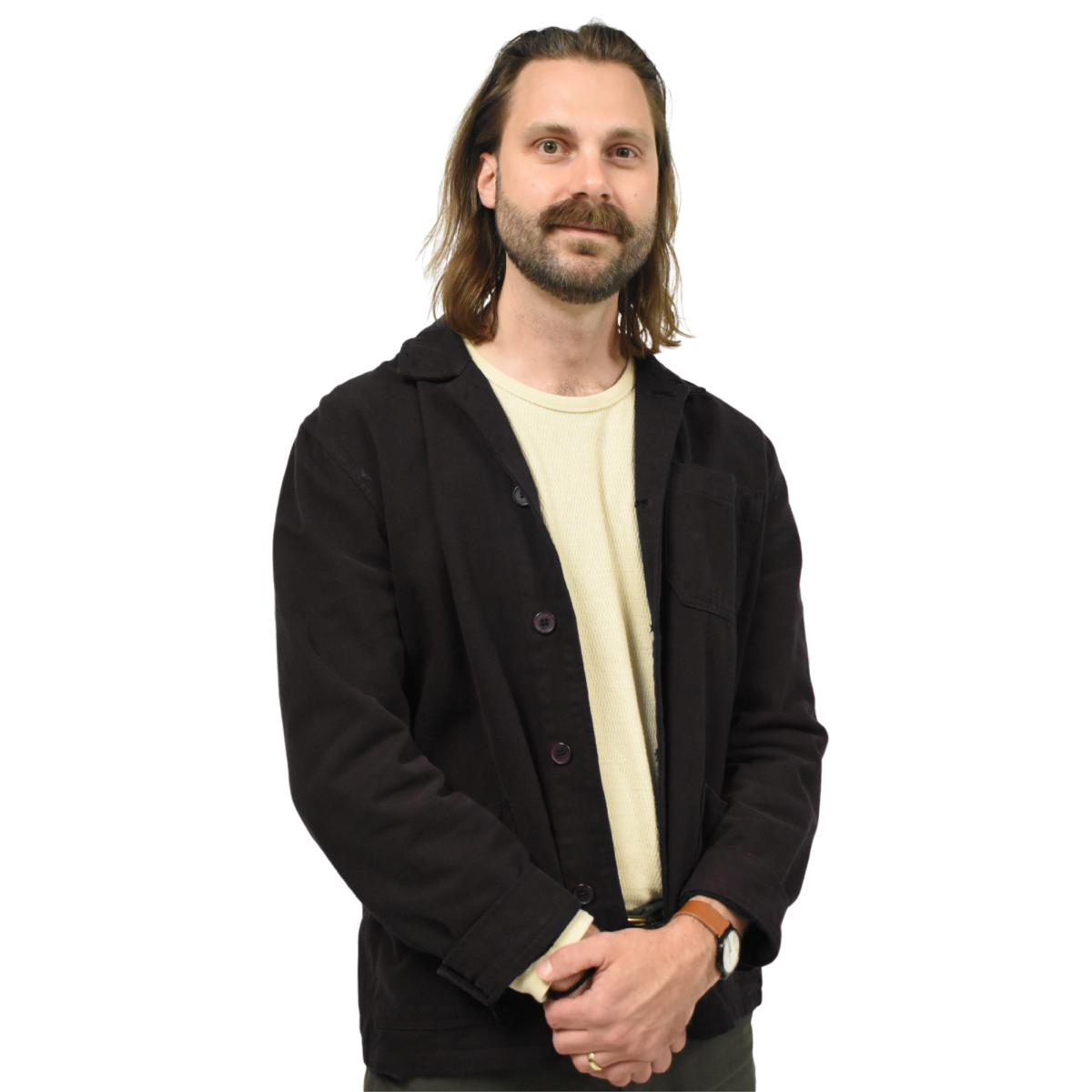

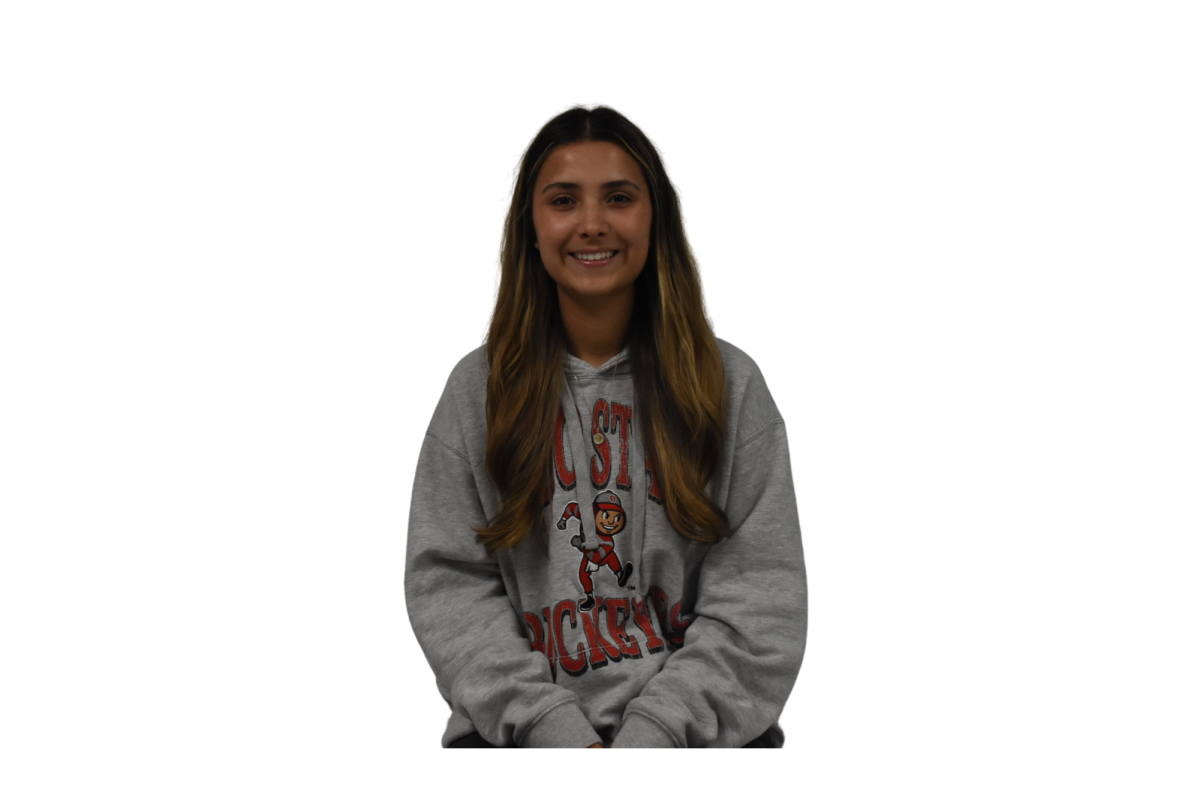

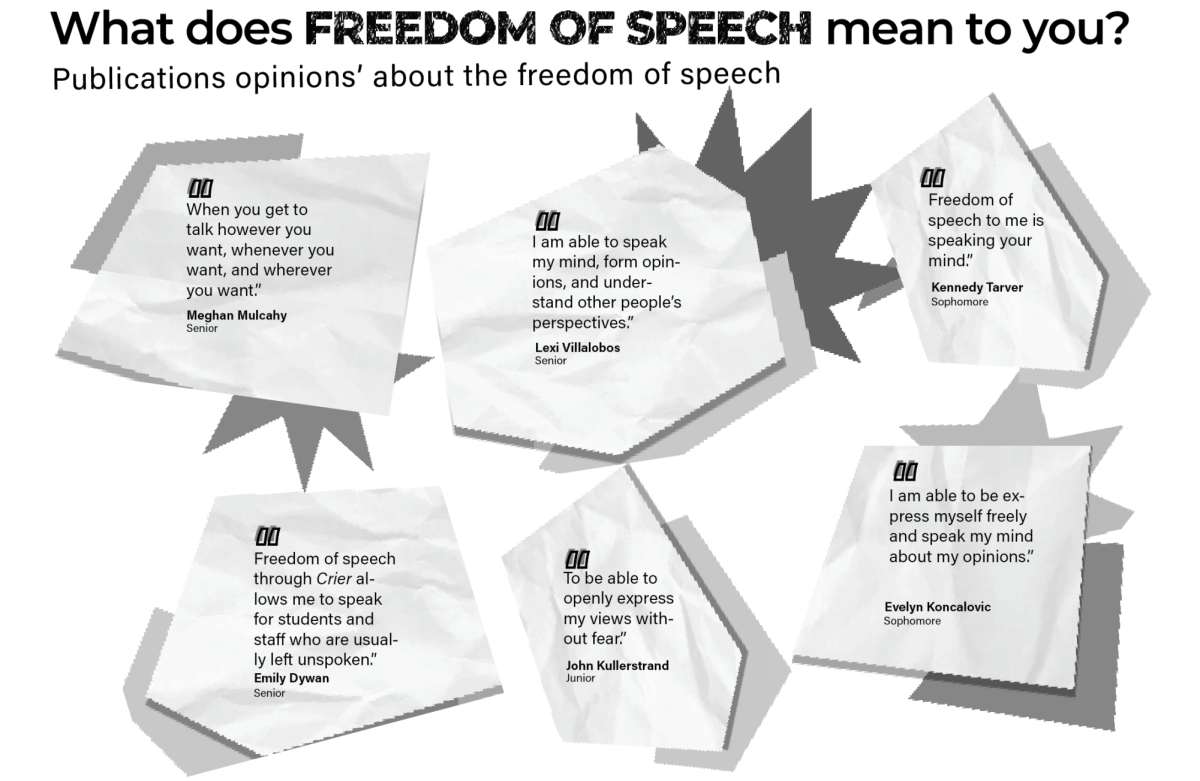
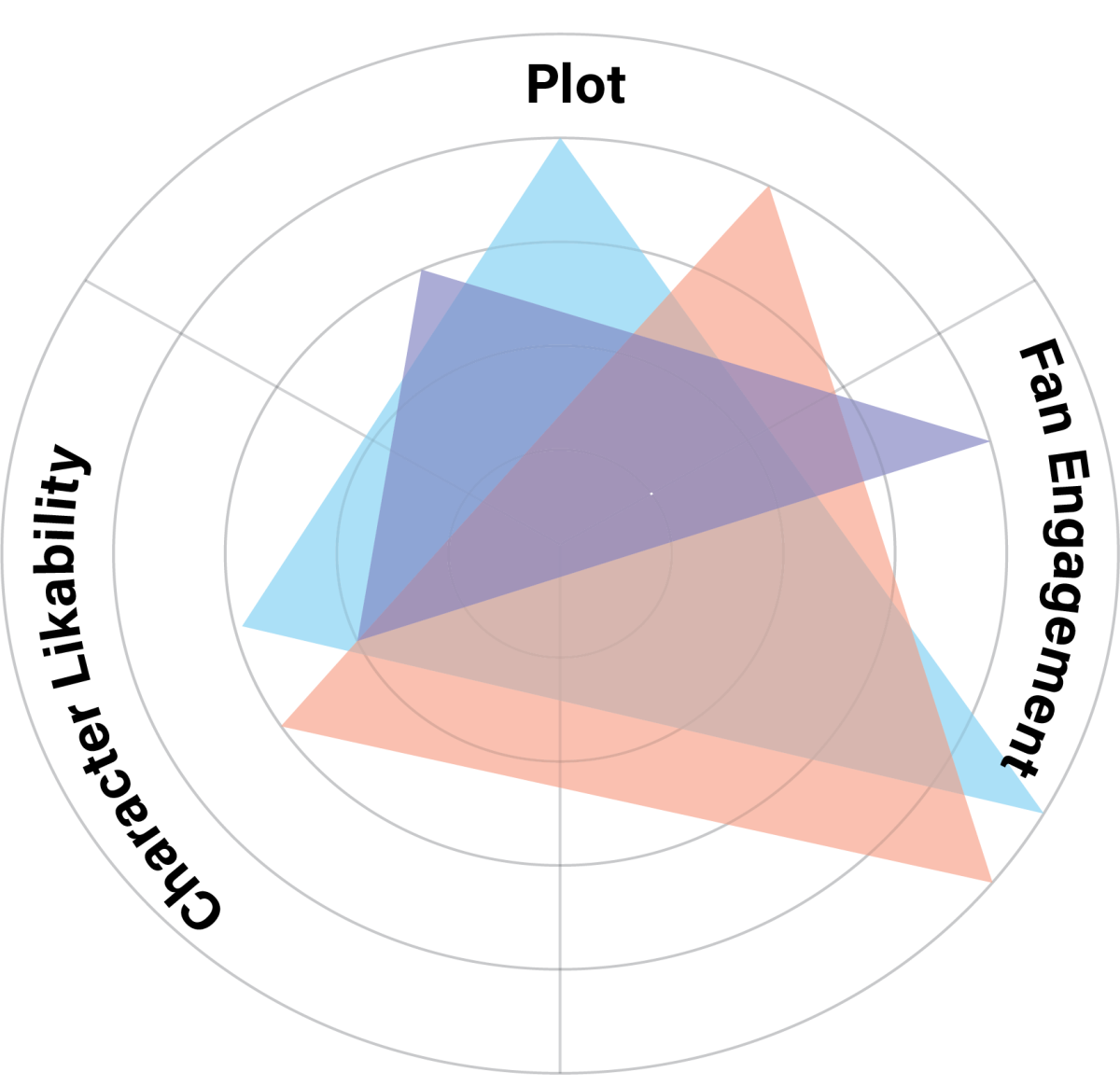

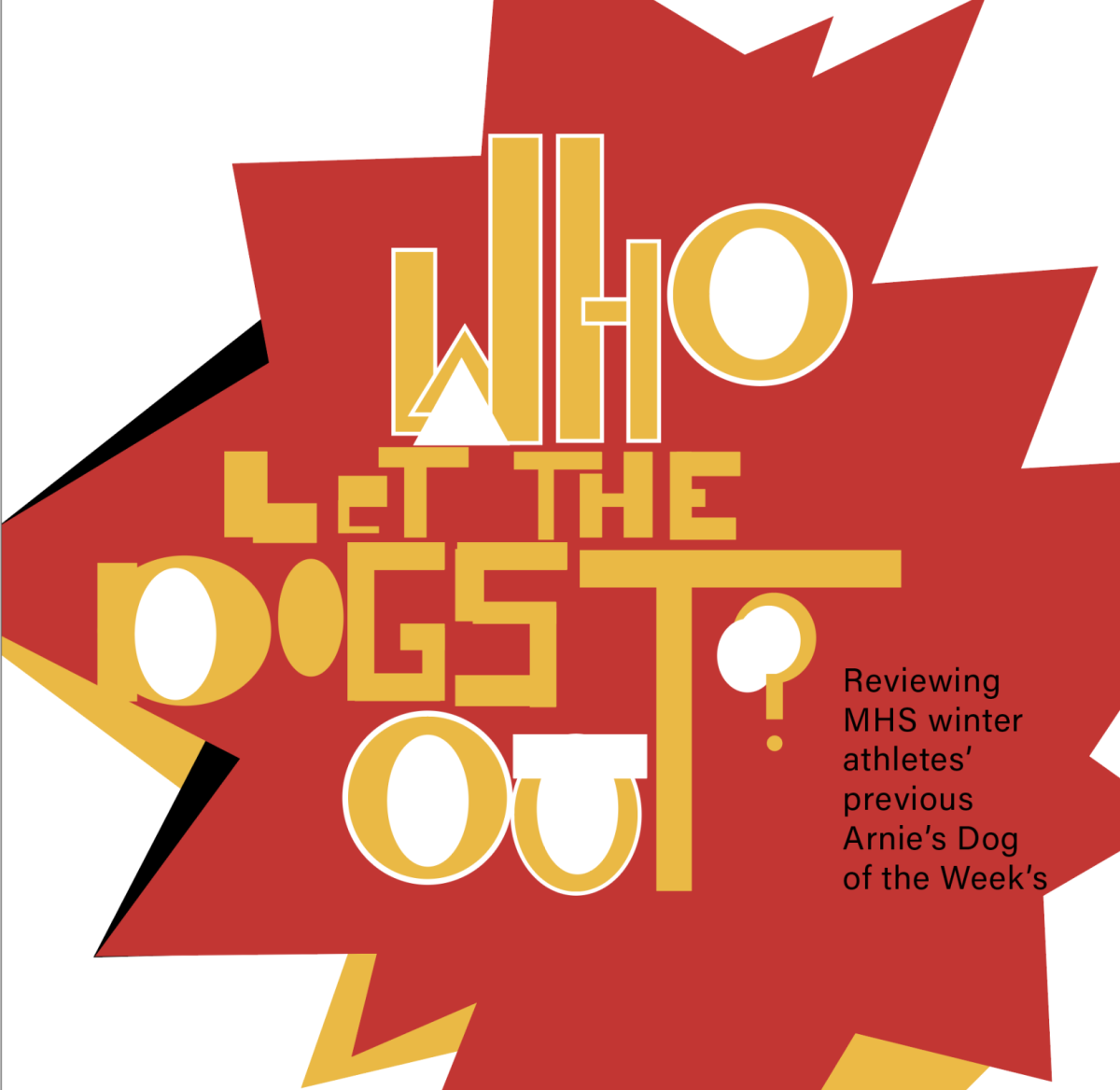
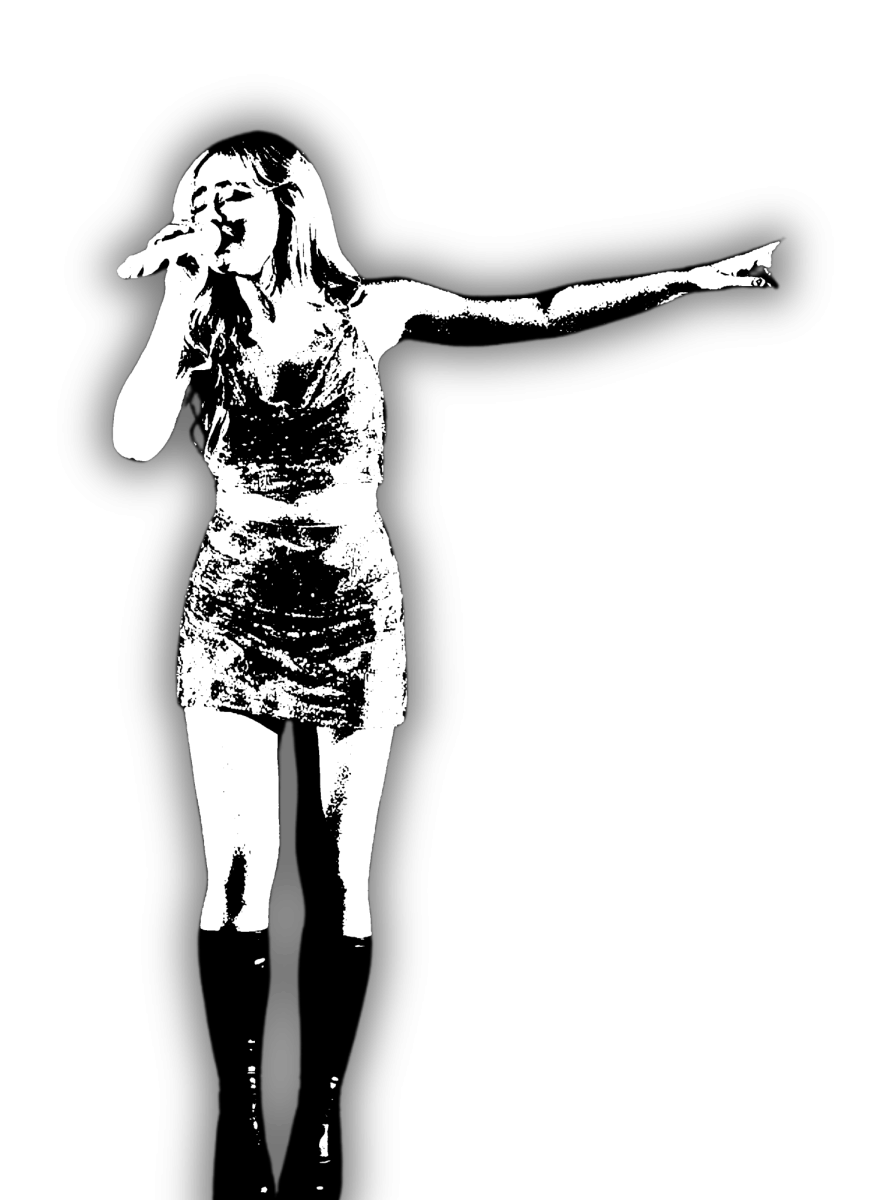

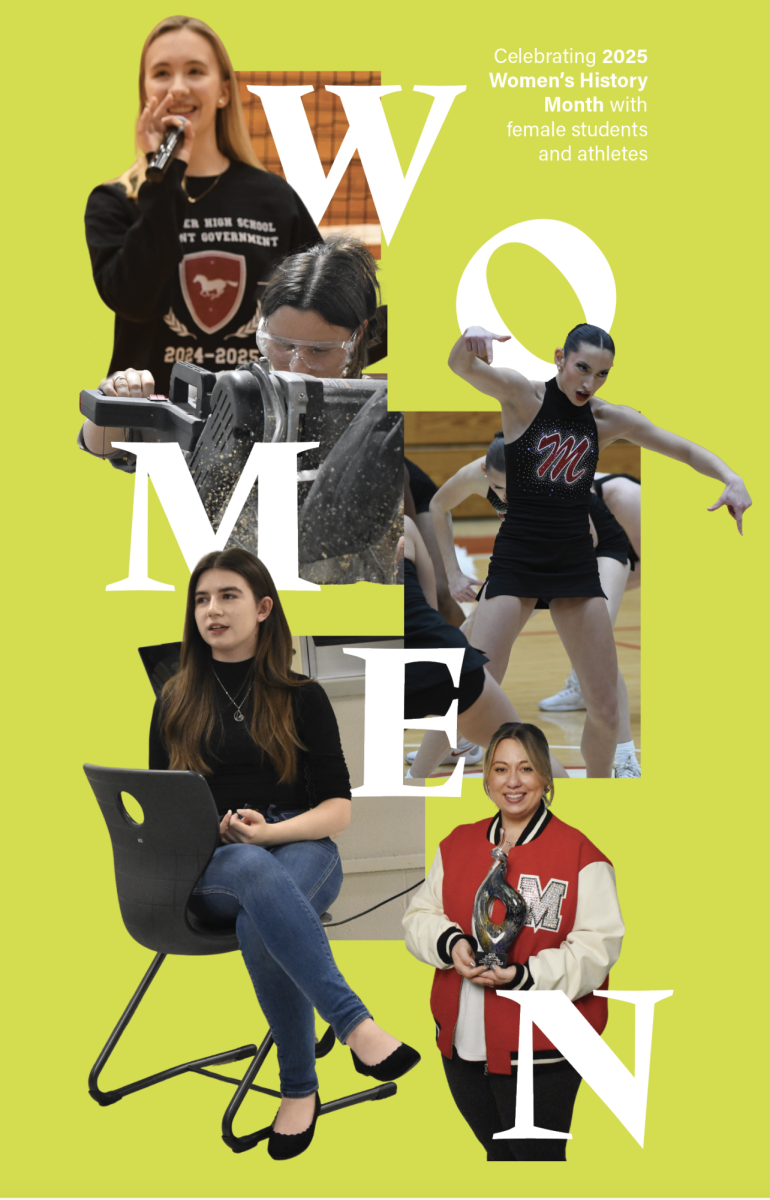
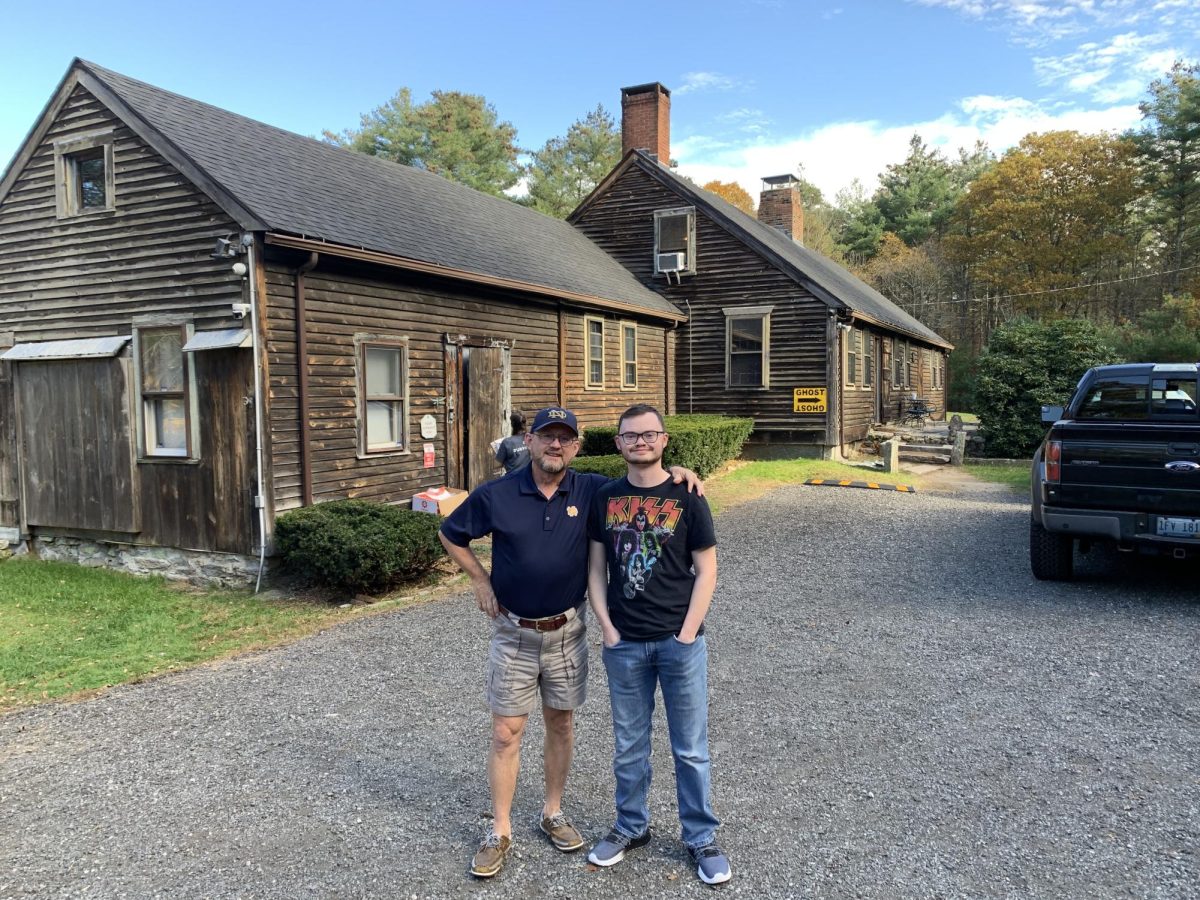
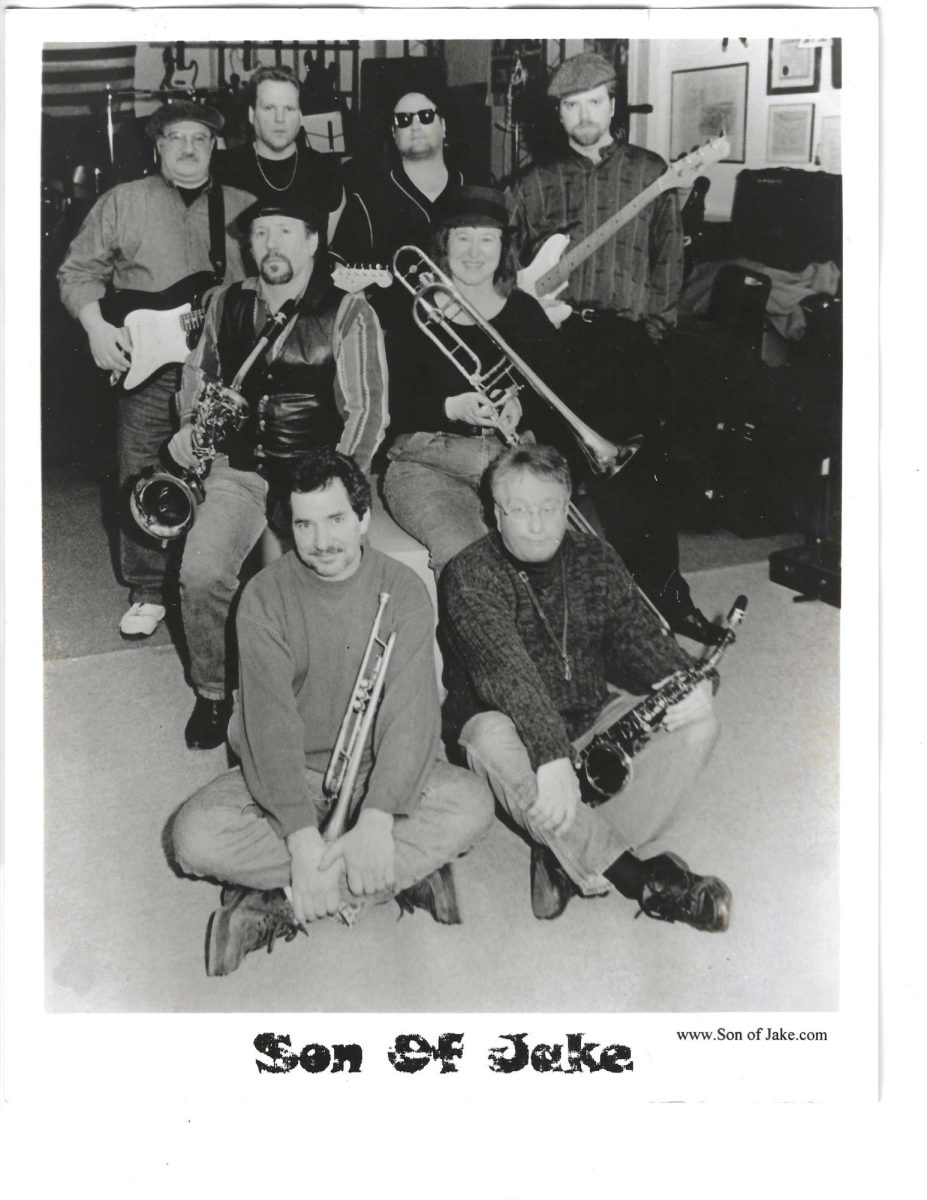
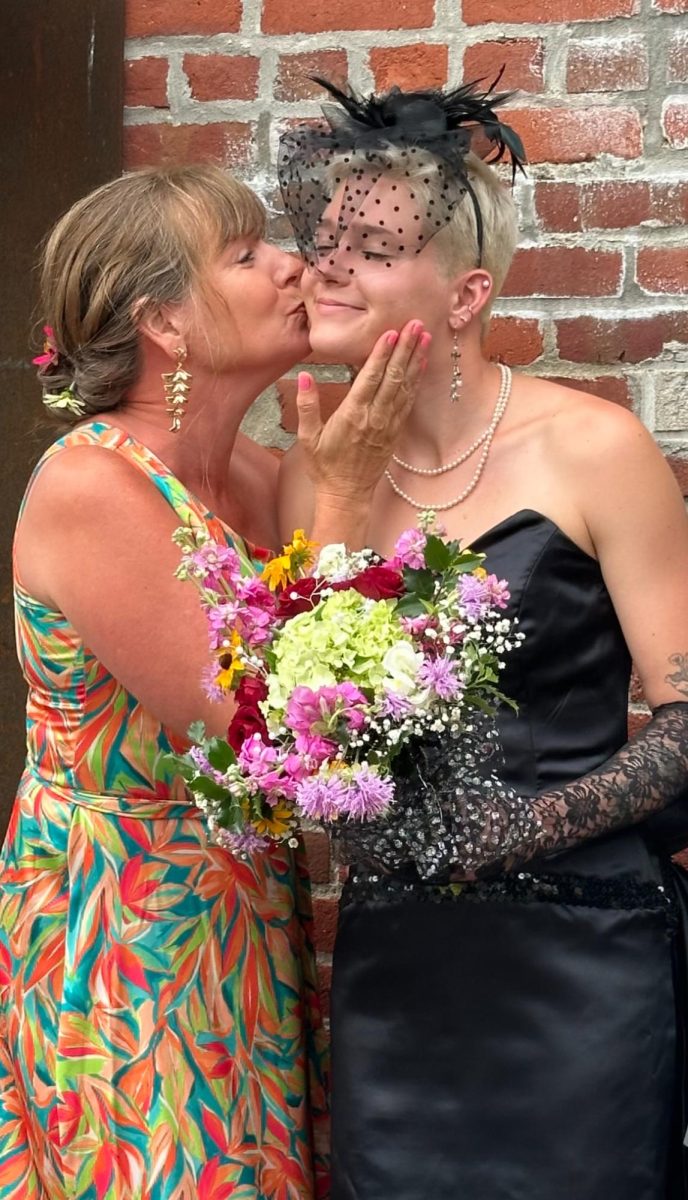
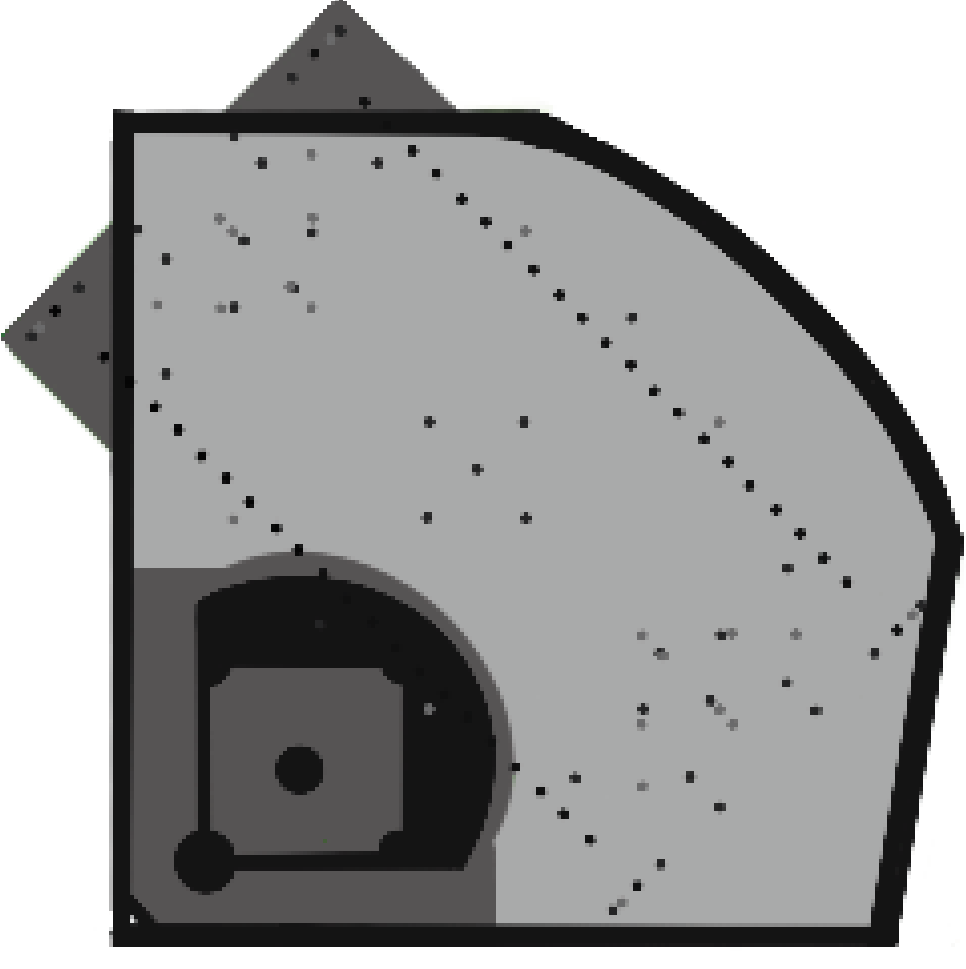
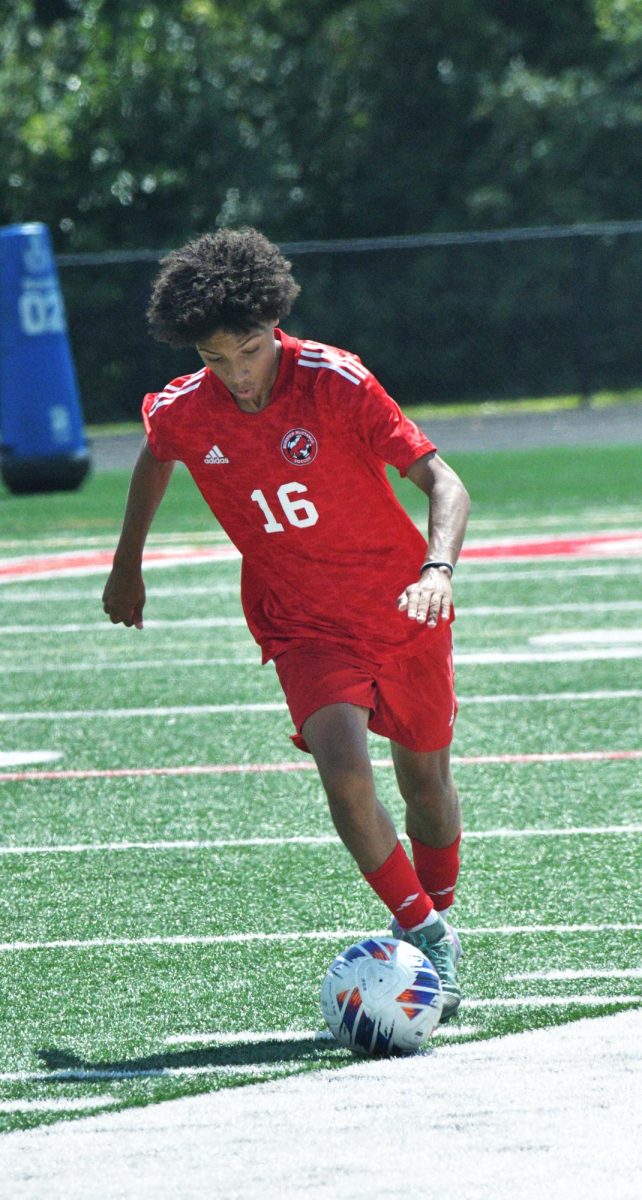
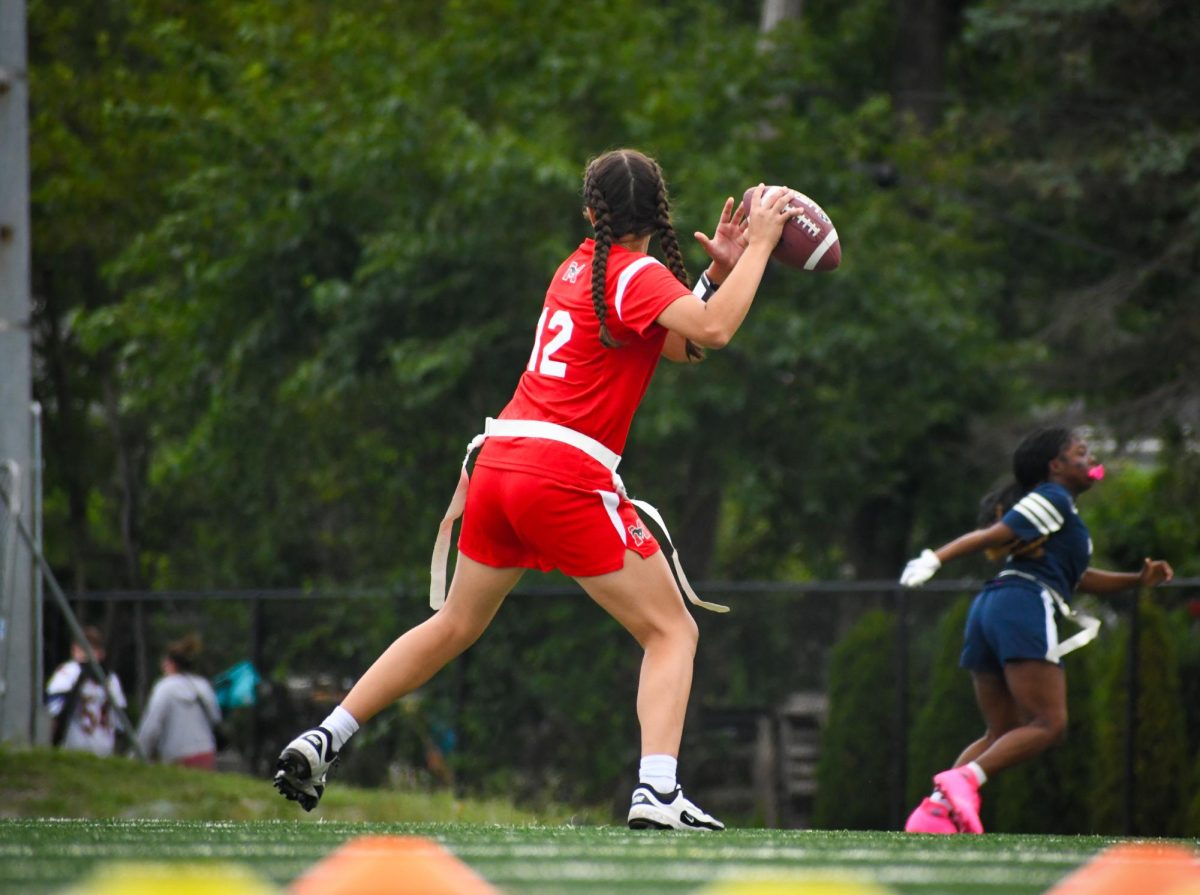
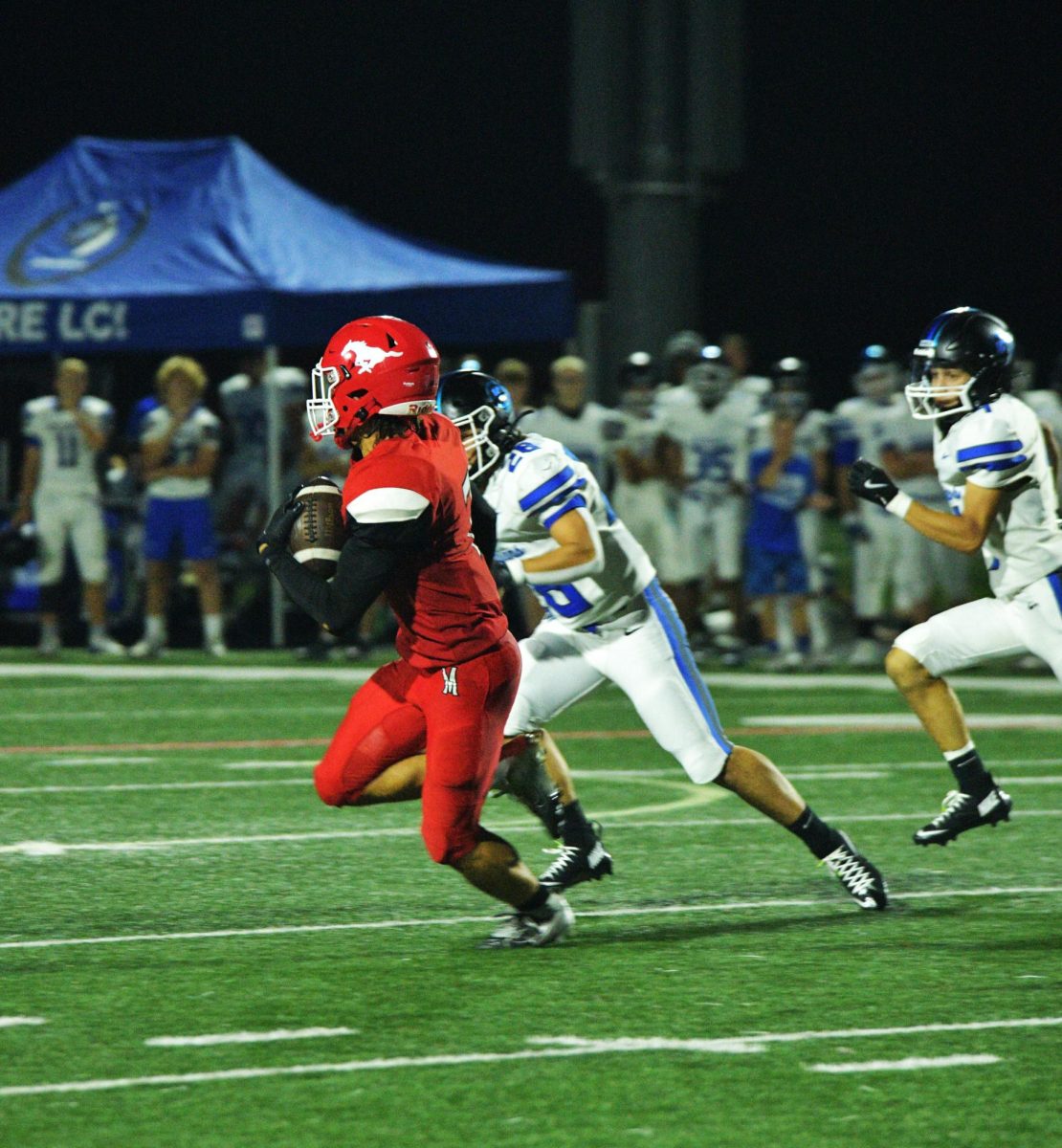
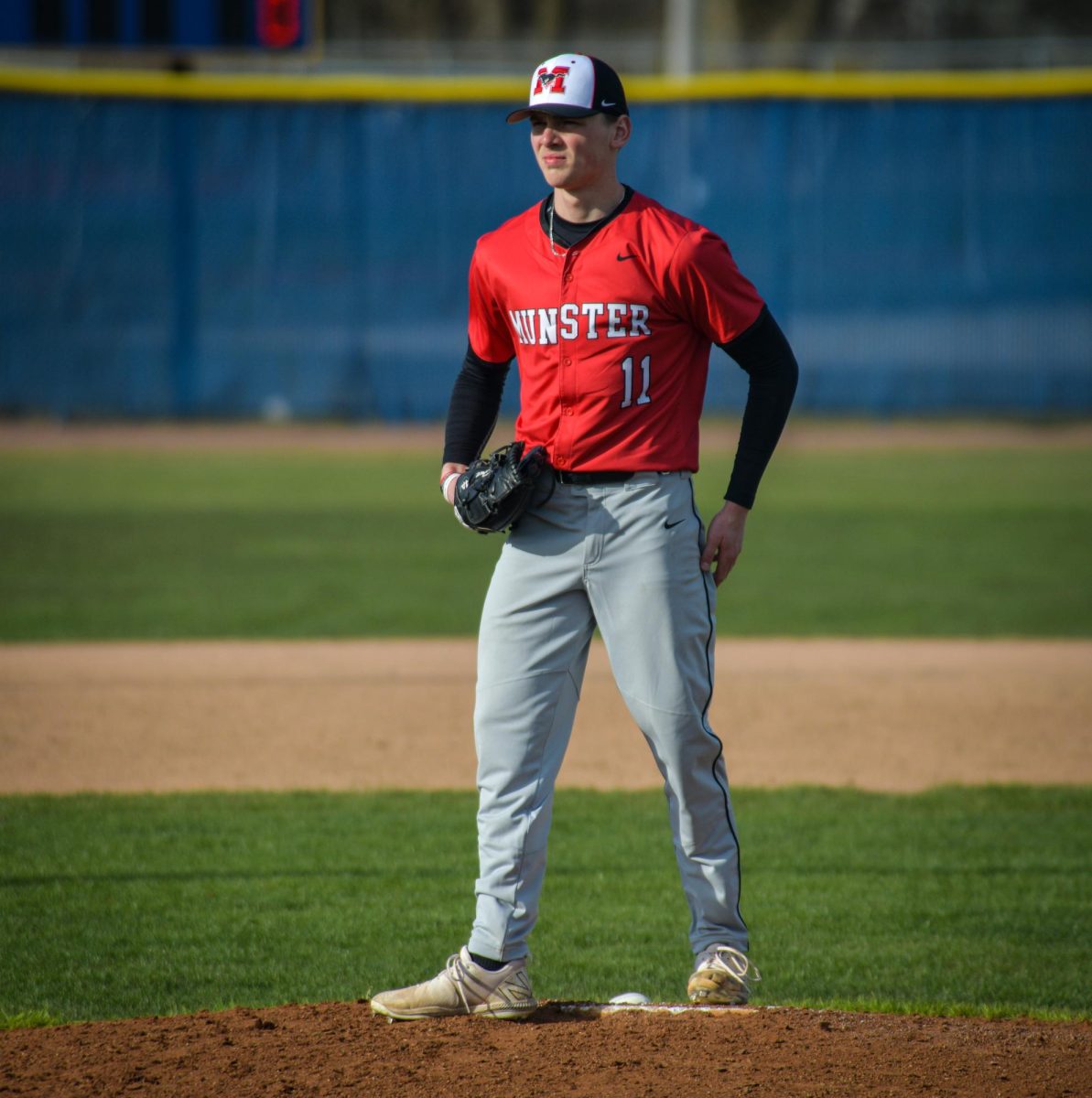
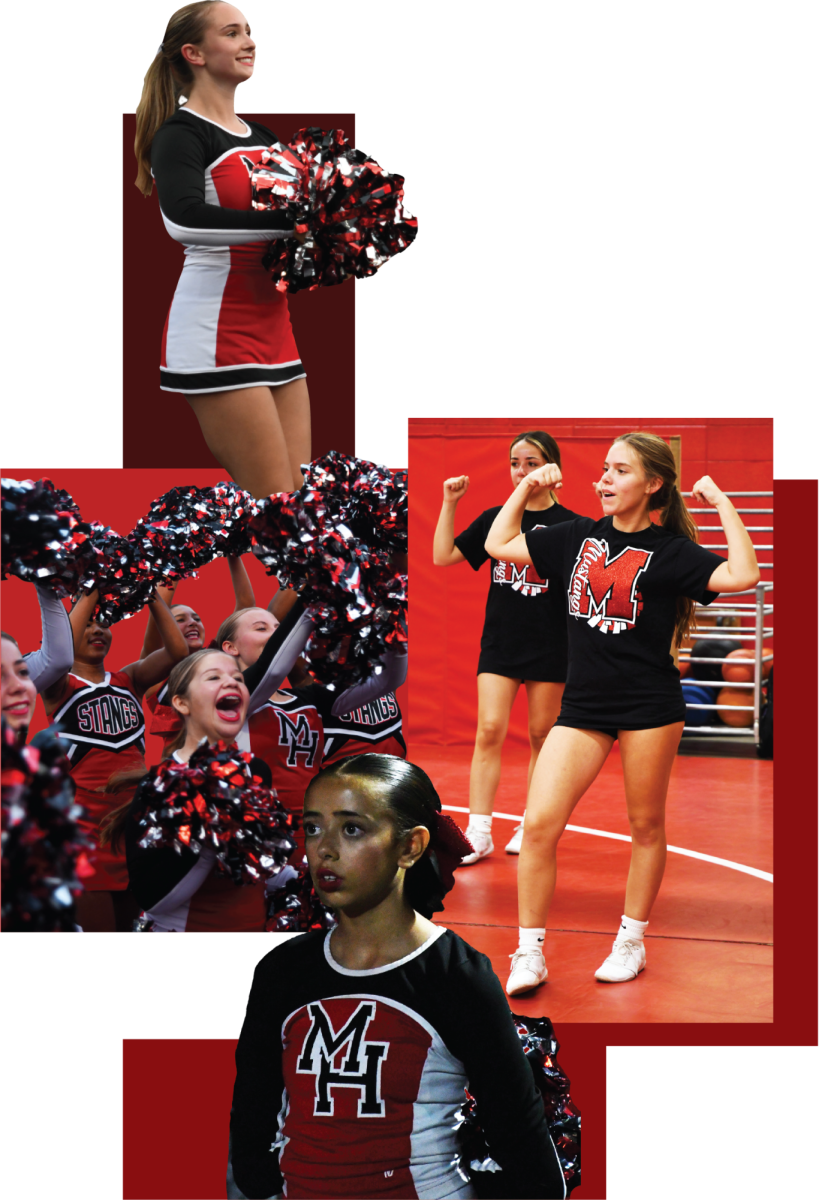
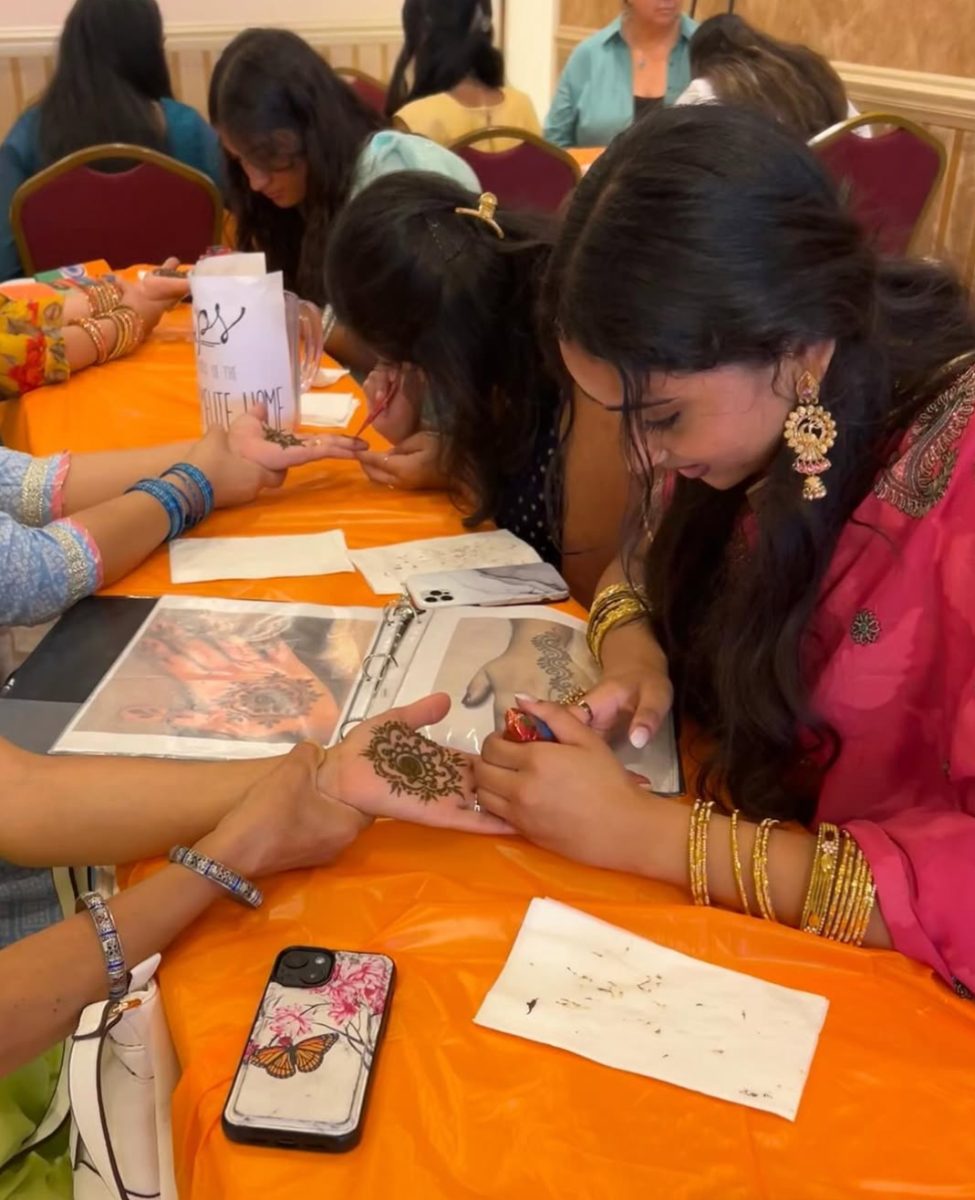
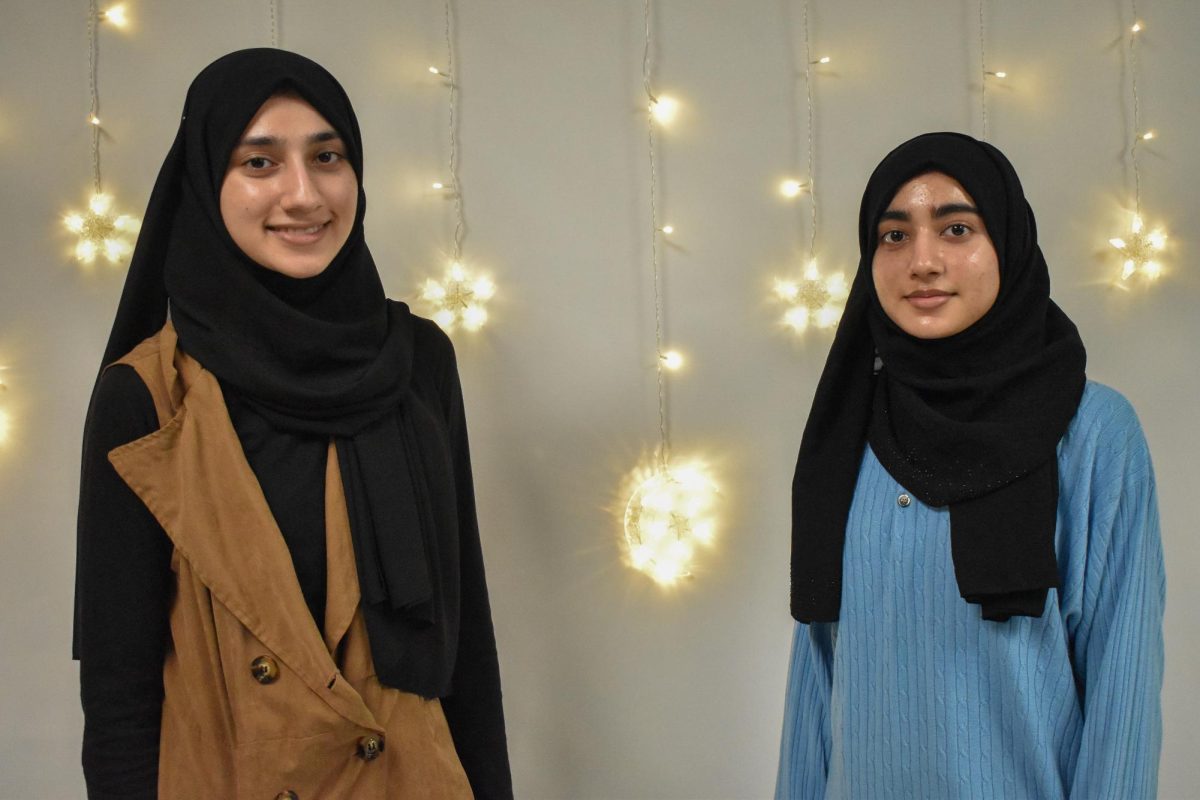
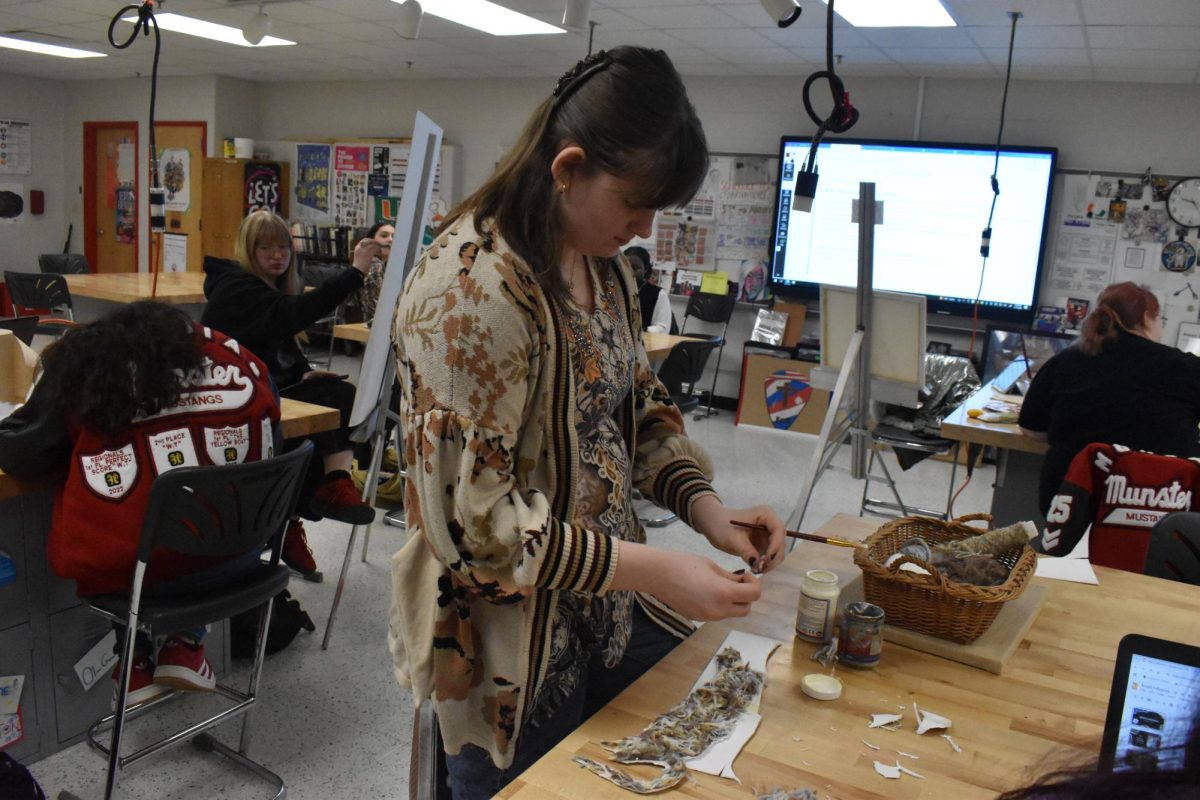
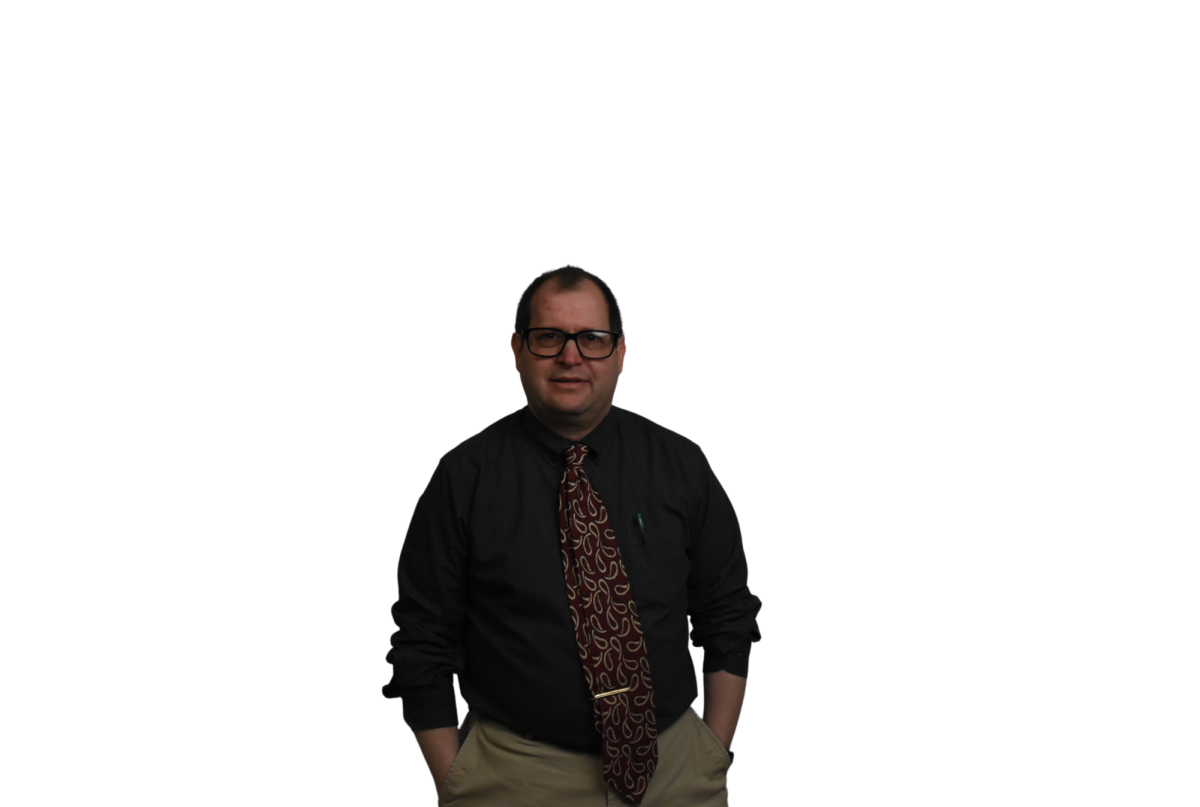
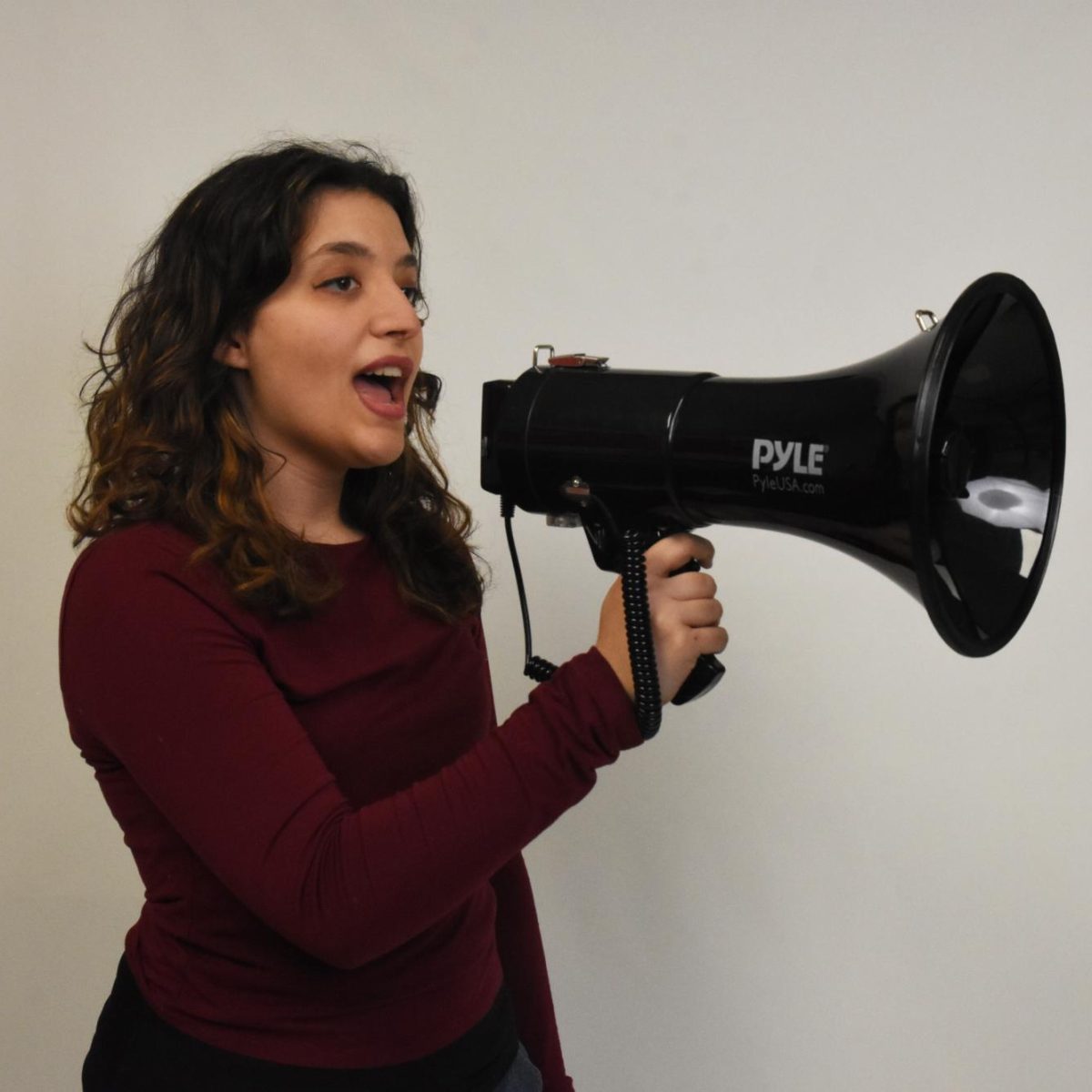
![SNAP HAPPY Recording on a GoPro for social media, senior Sam Mellon has recently started a weekly sports podcast. “[Senior] Brendan Feeney and I have been talking about doing a sports podcast forever. We love talking about sports and we just grabbed [senior] Will Hanas and went along with it,” Mellon said.](https://mhsnews.net/wp-content/uploads/2025/04/sam-892x1200.png)
